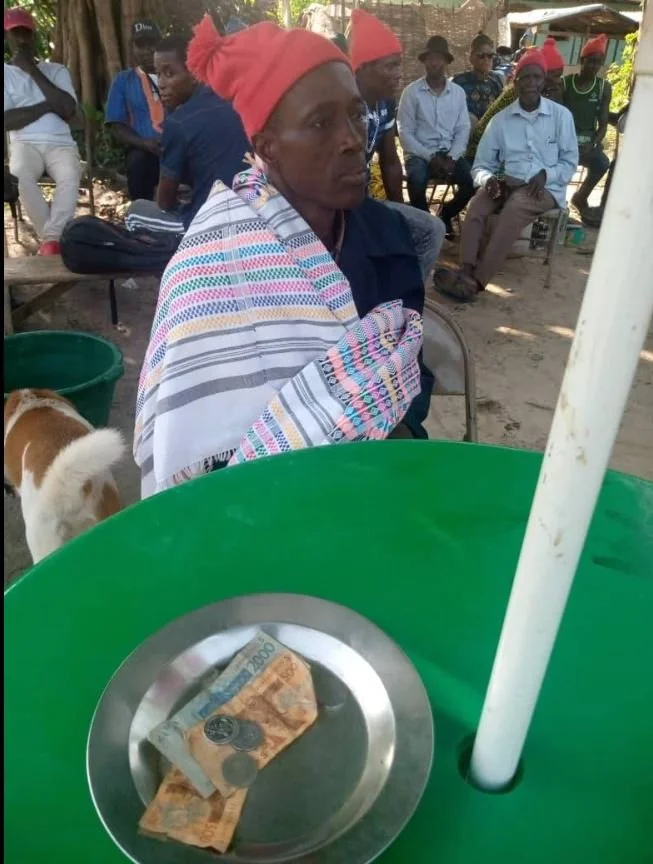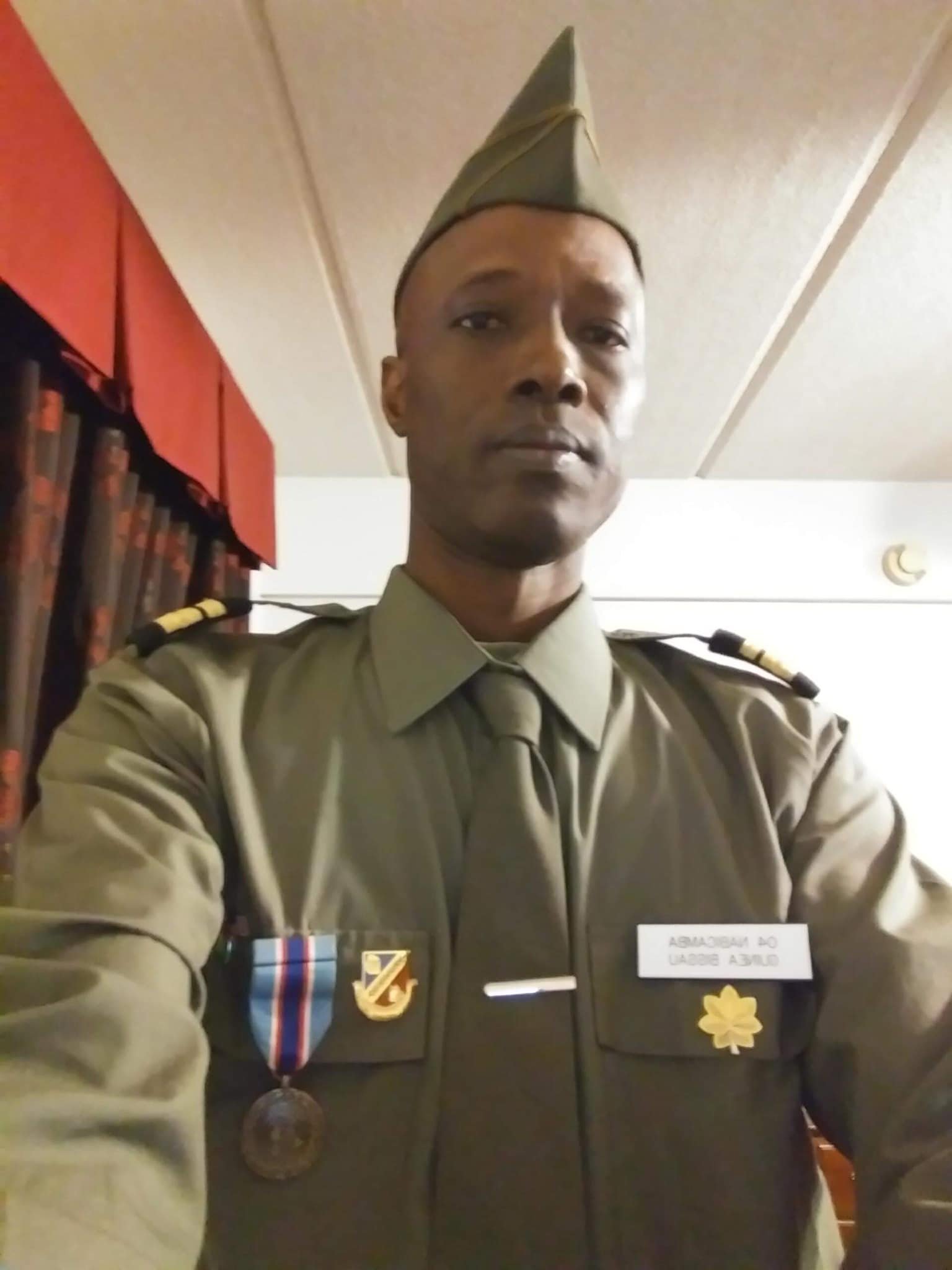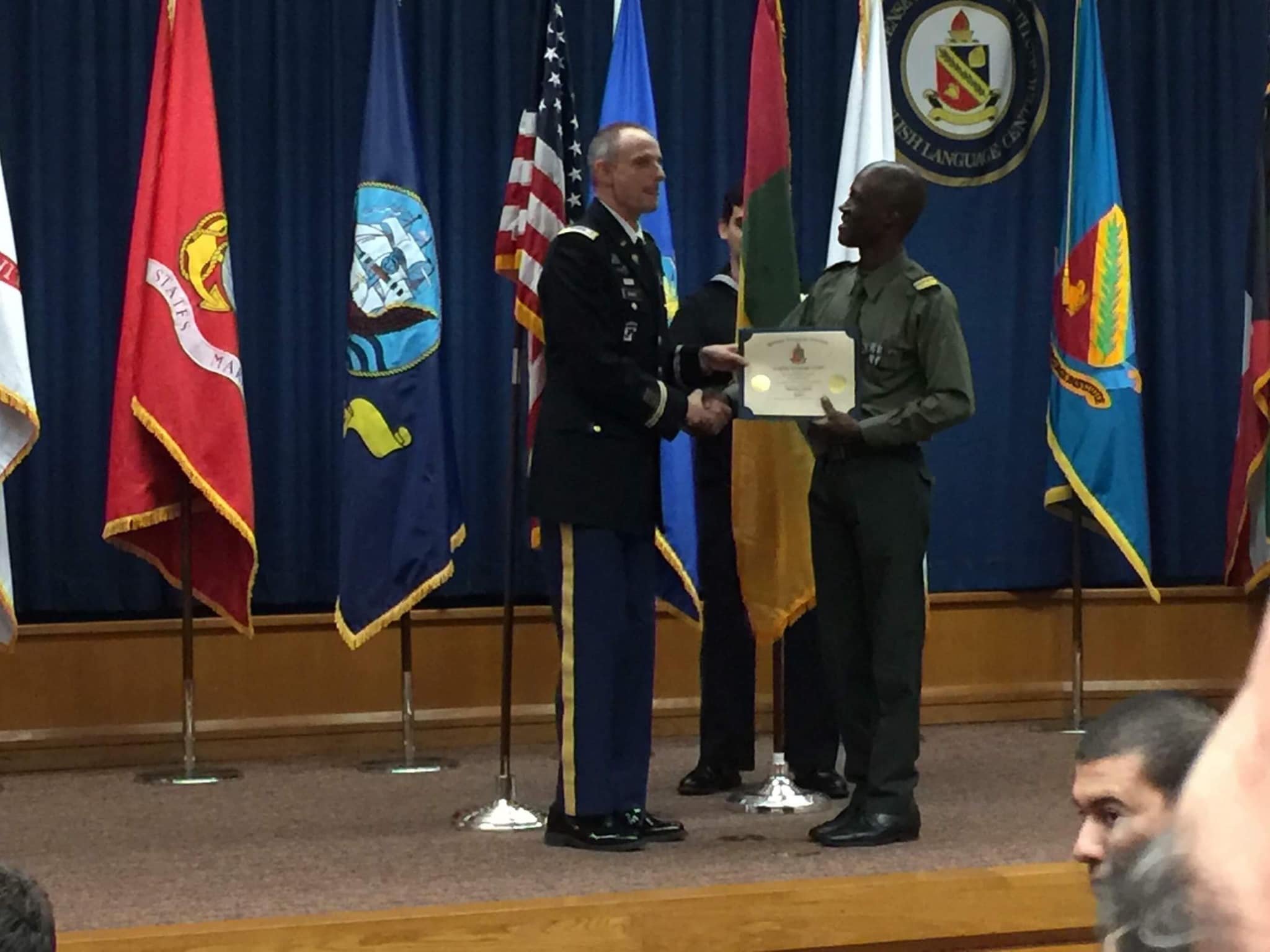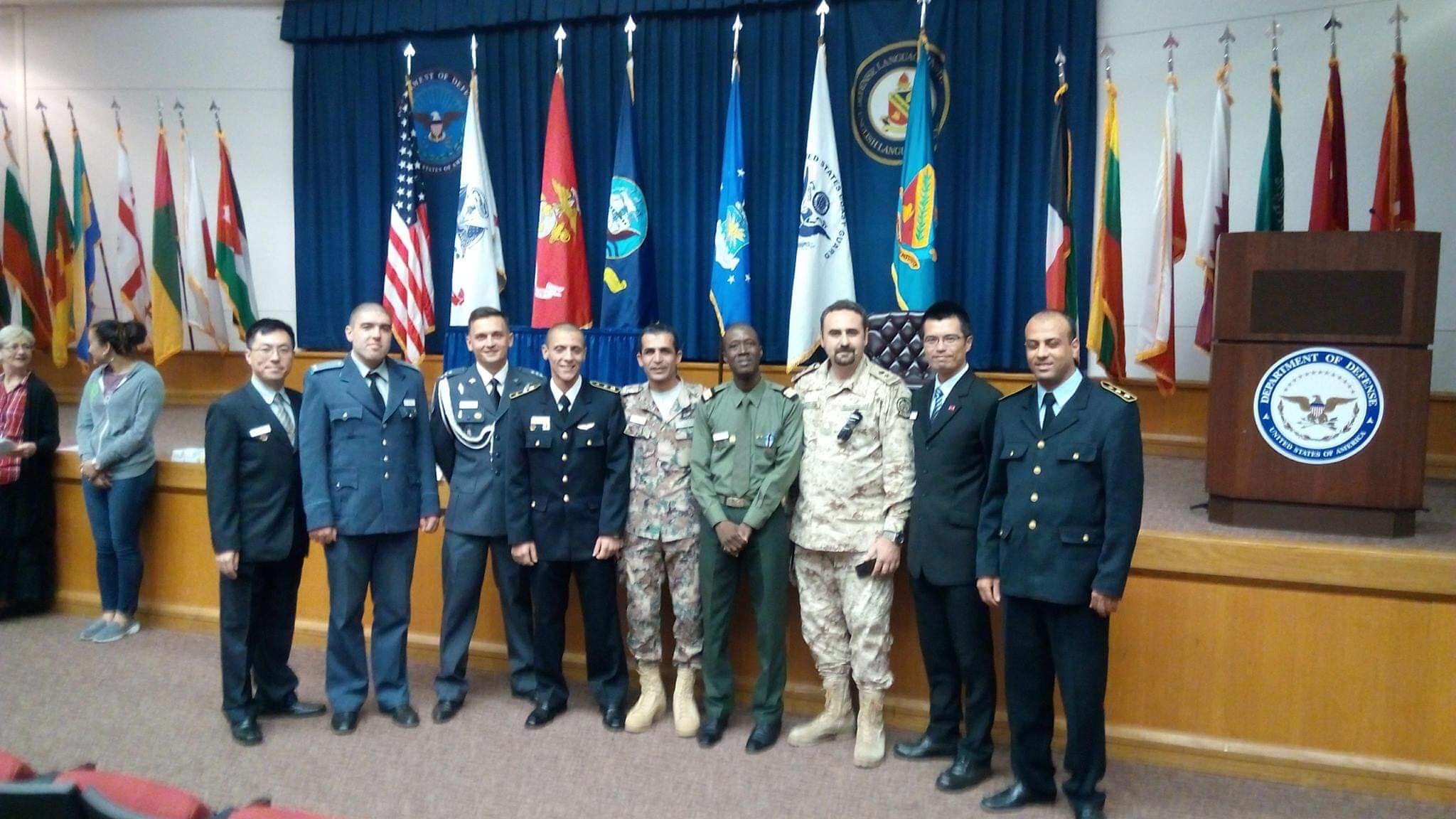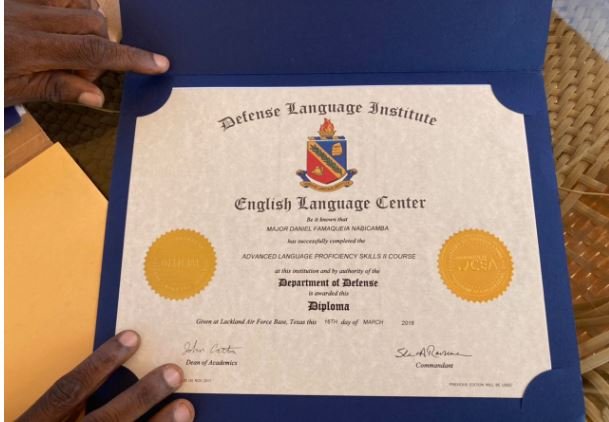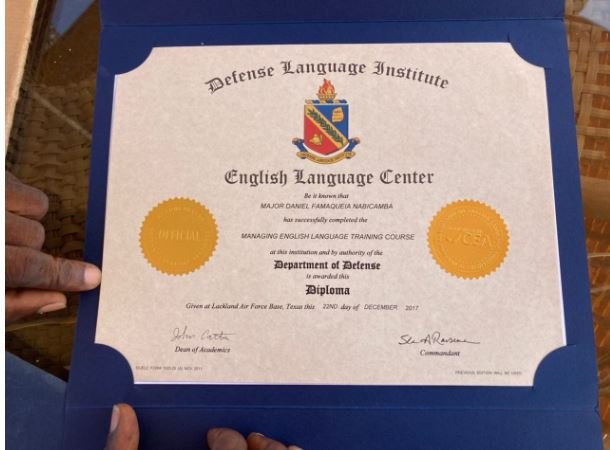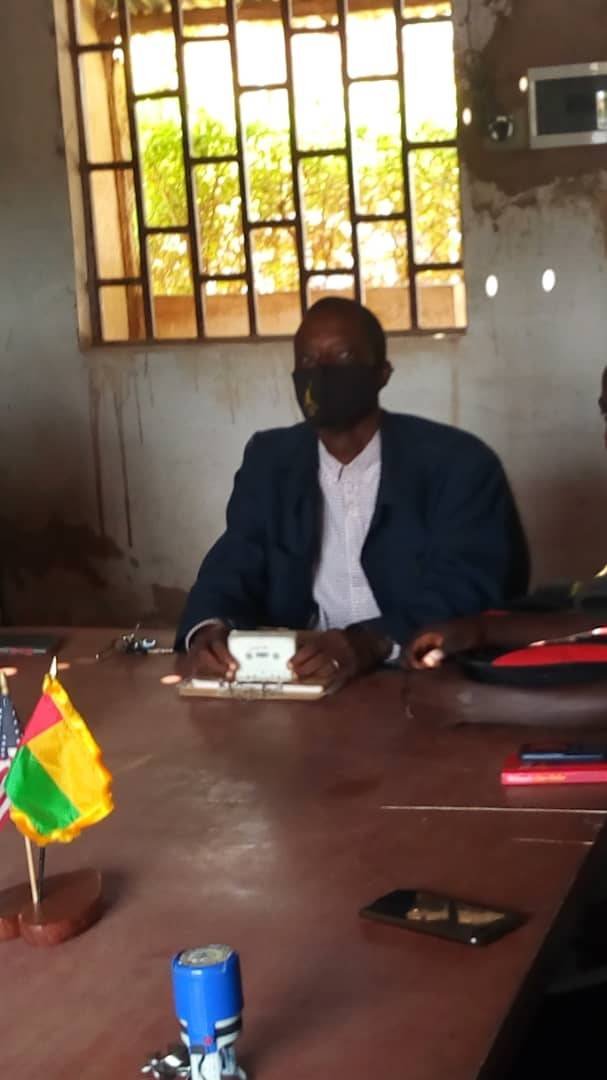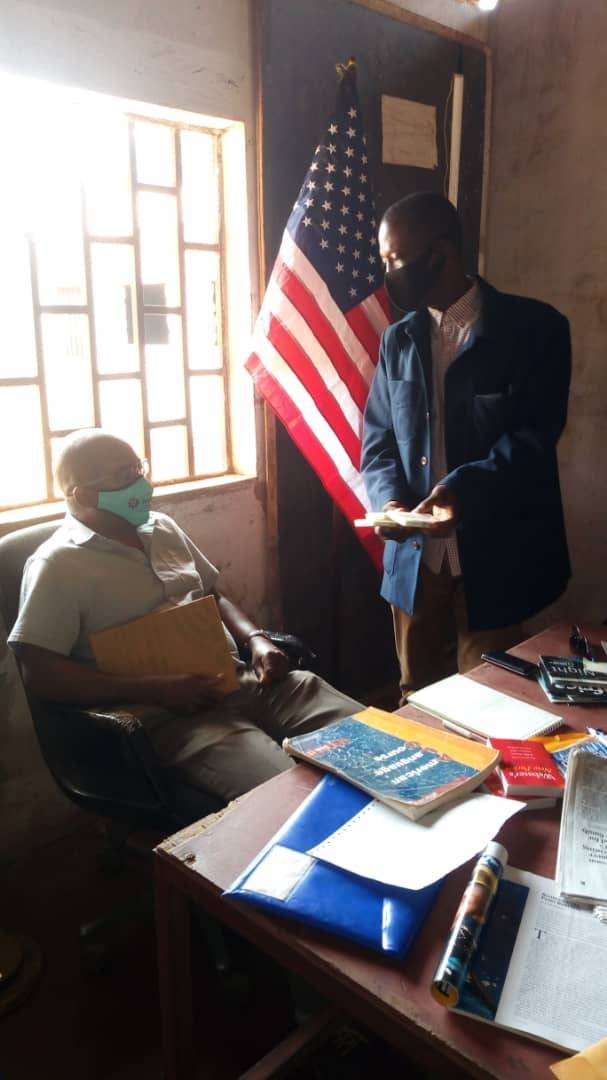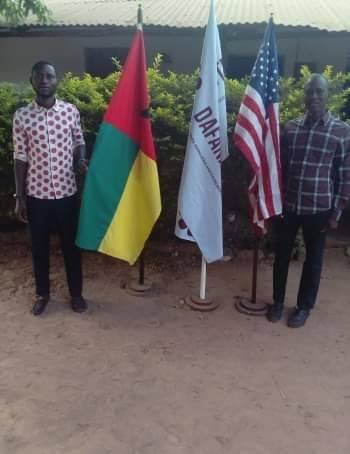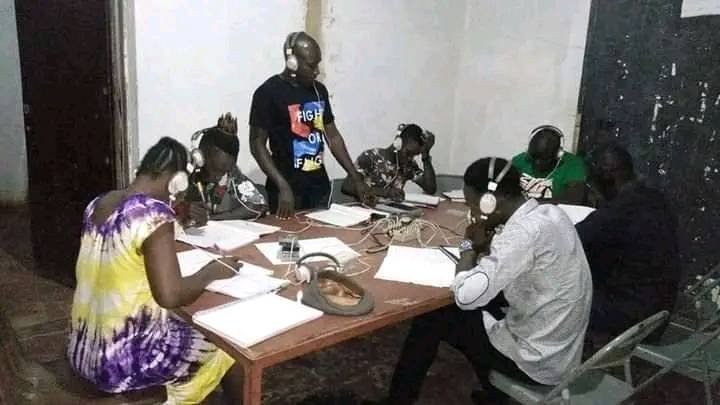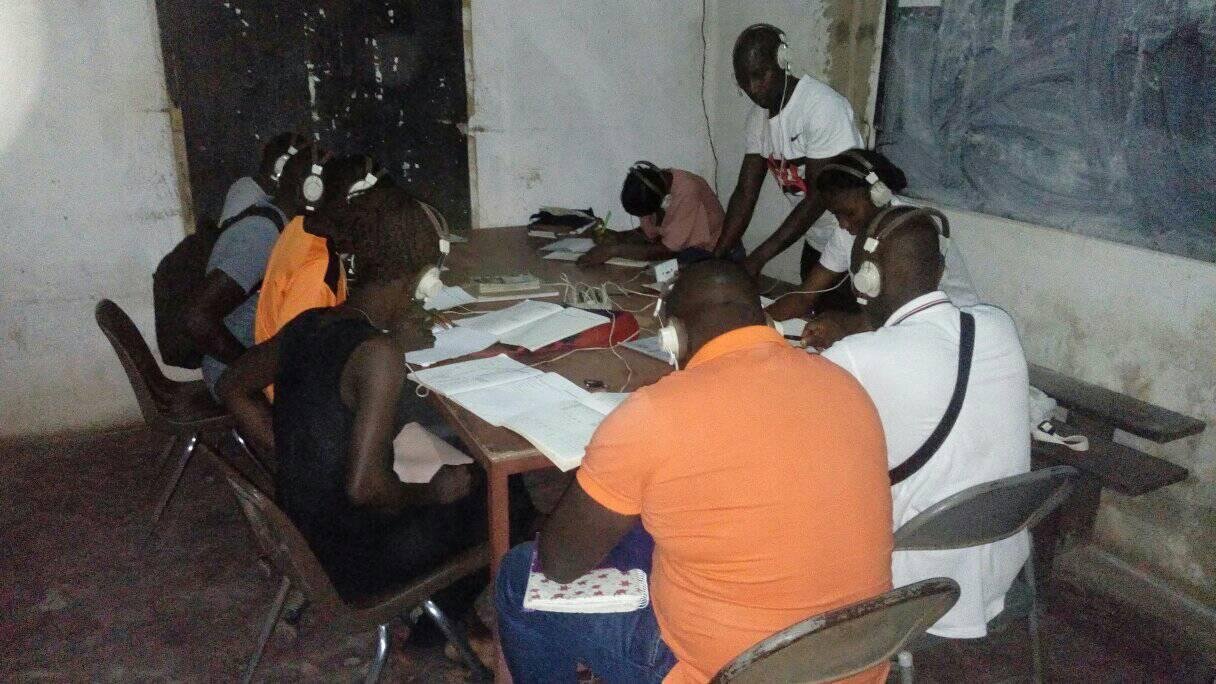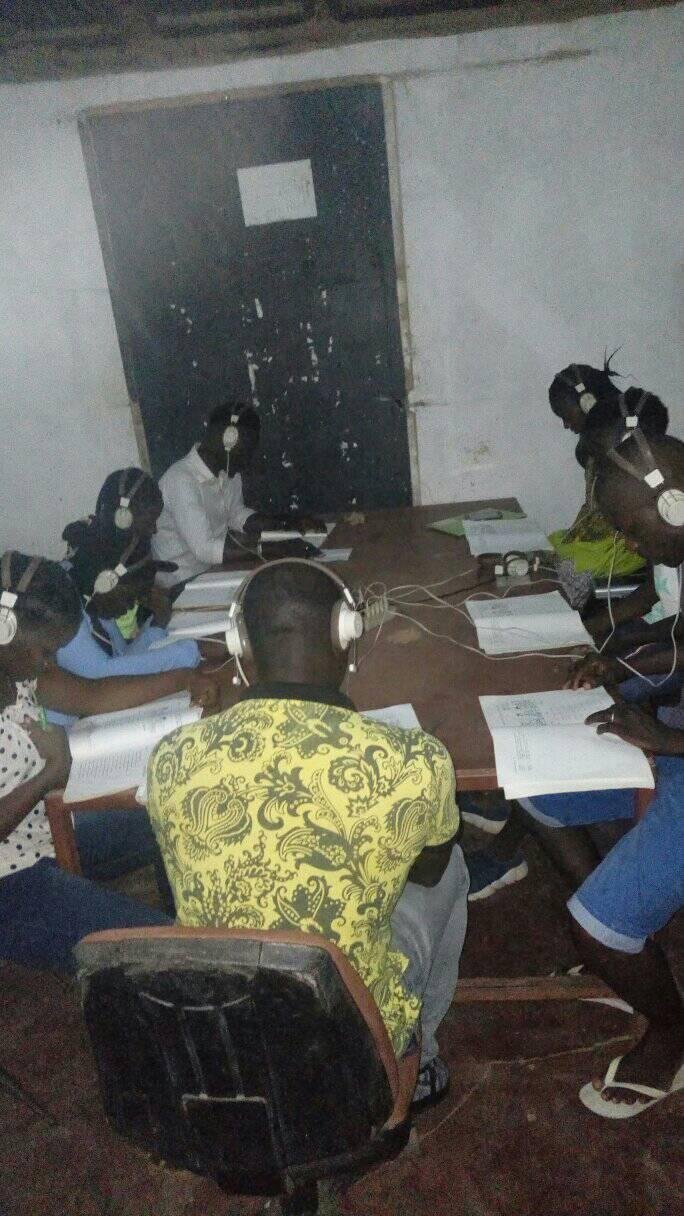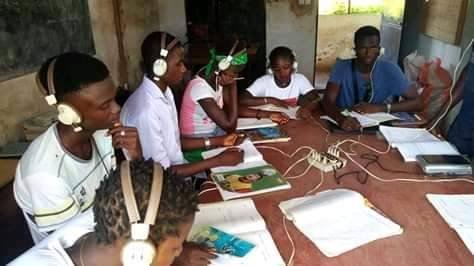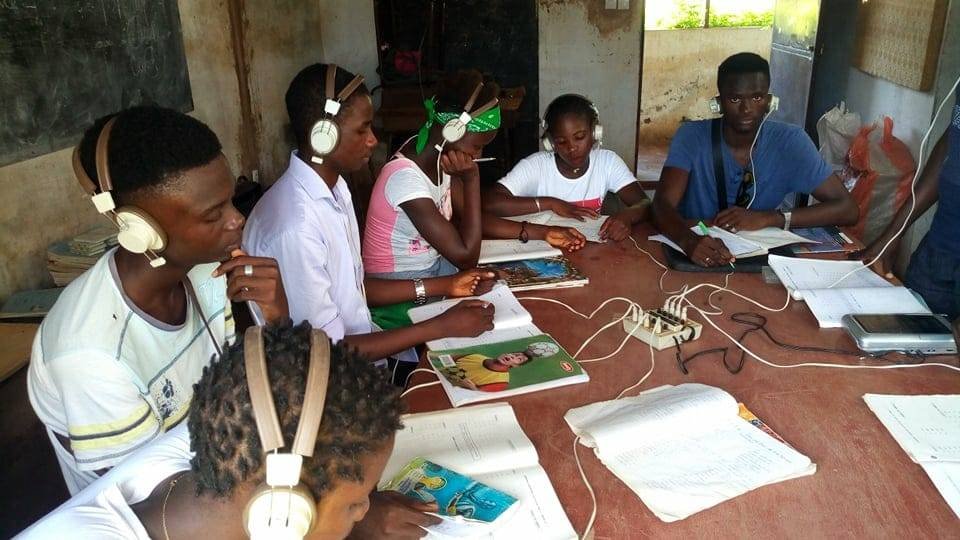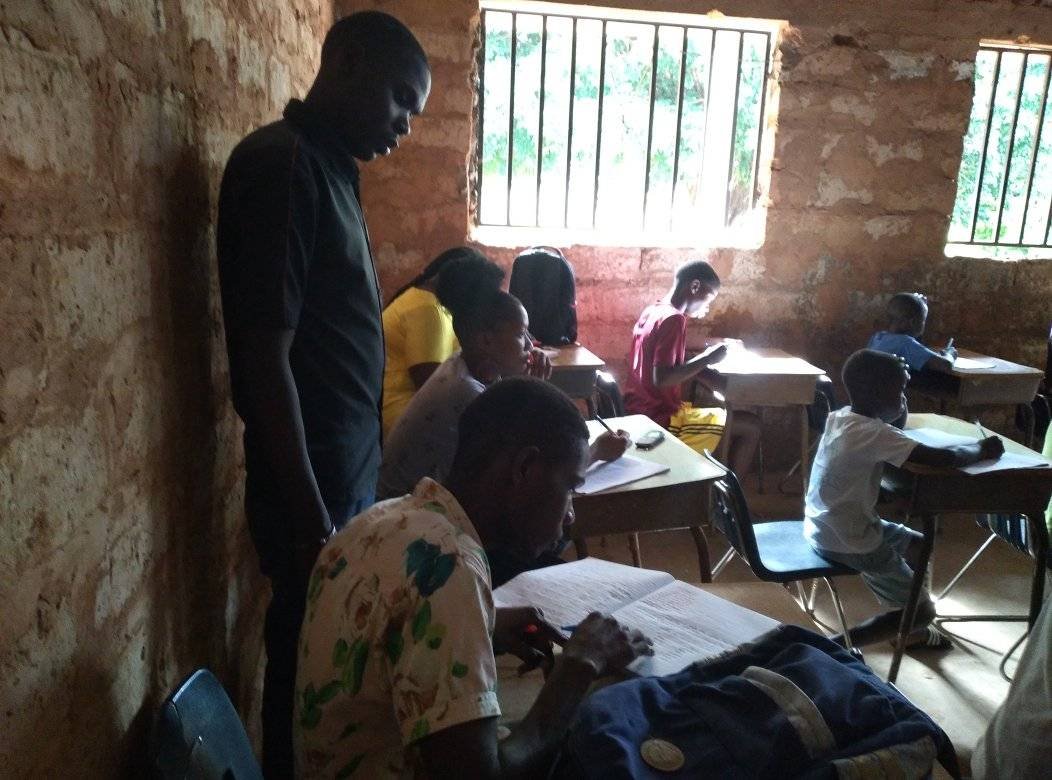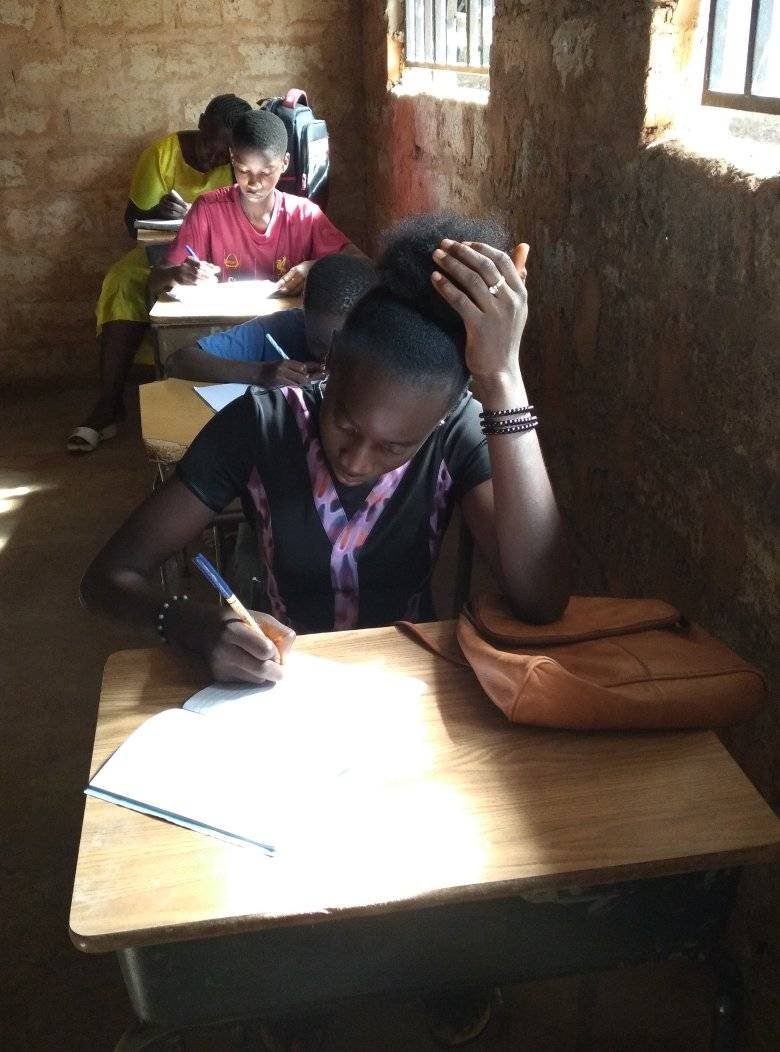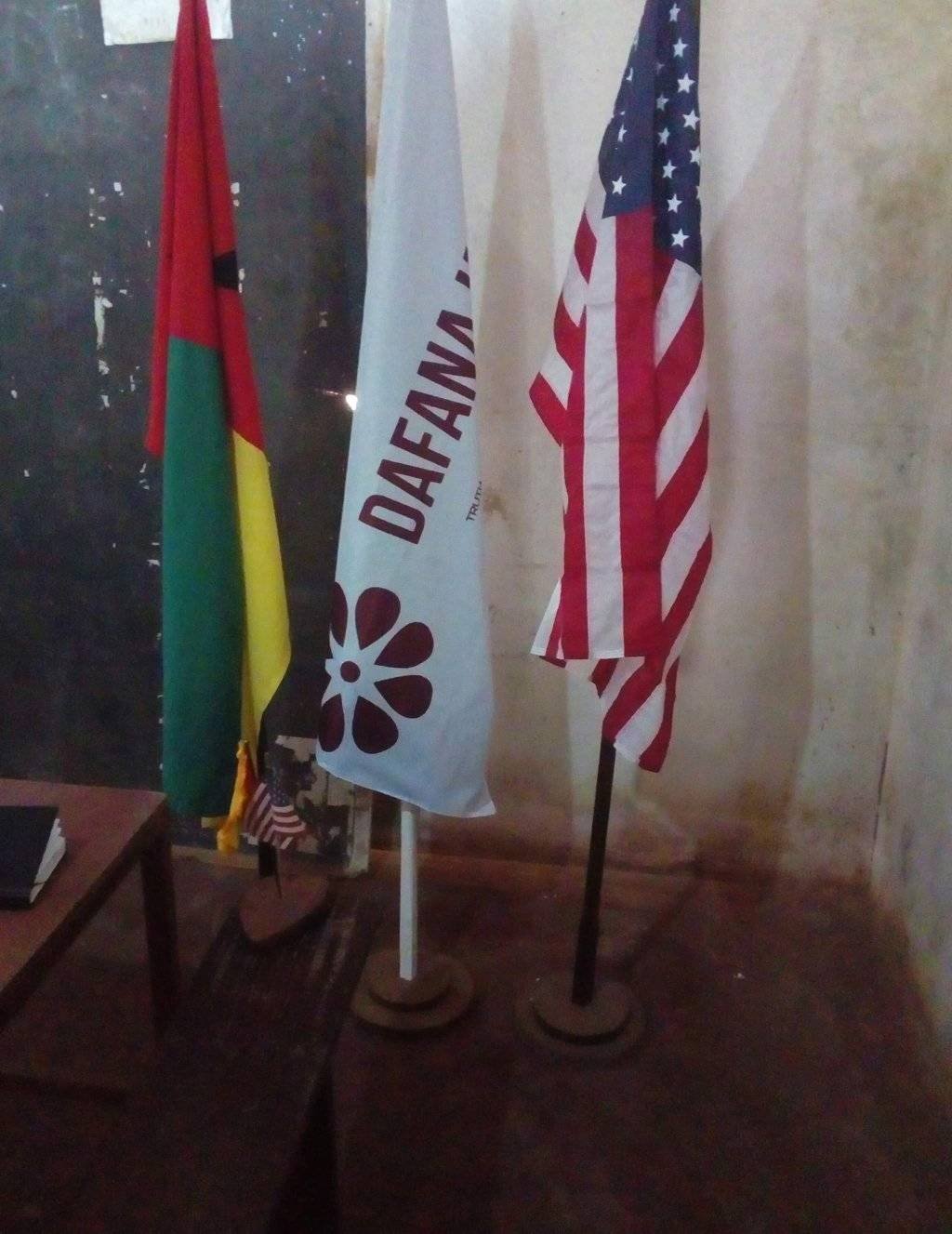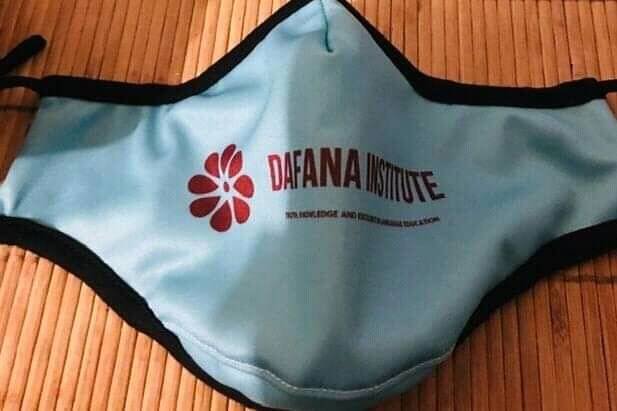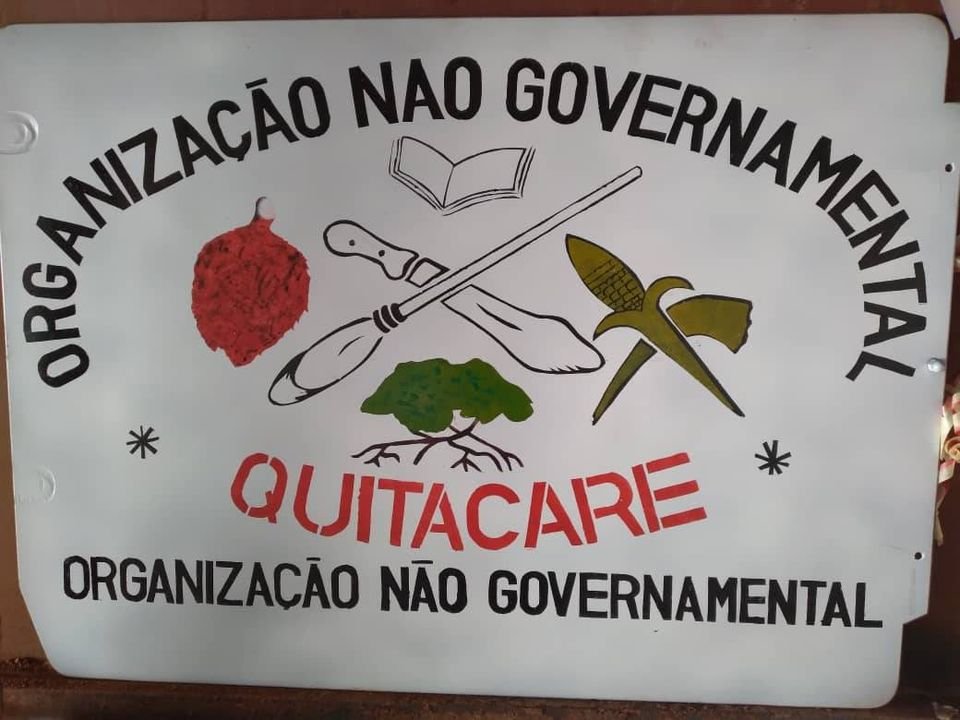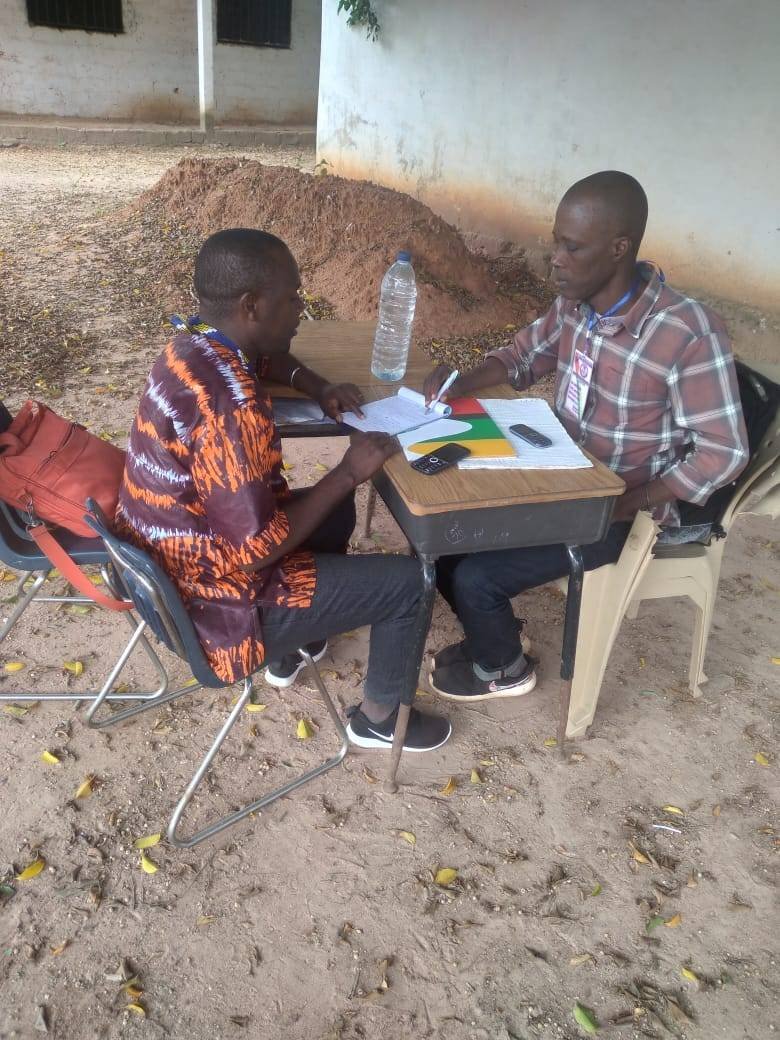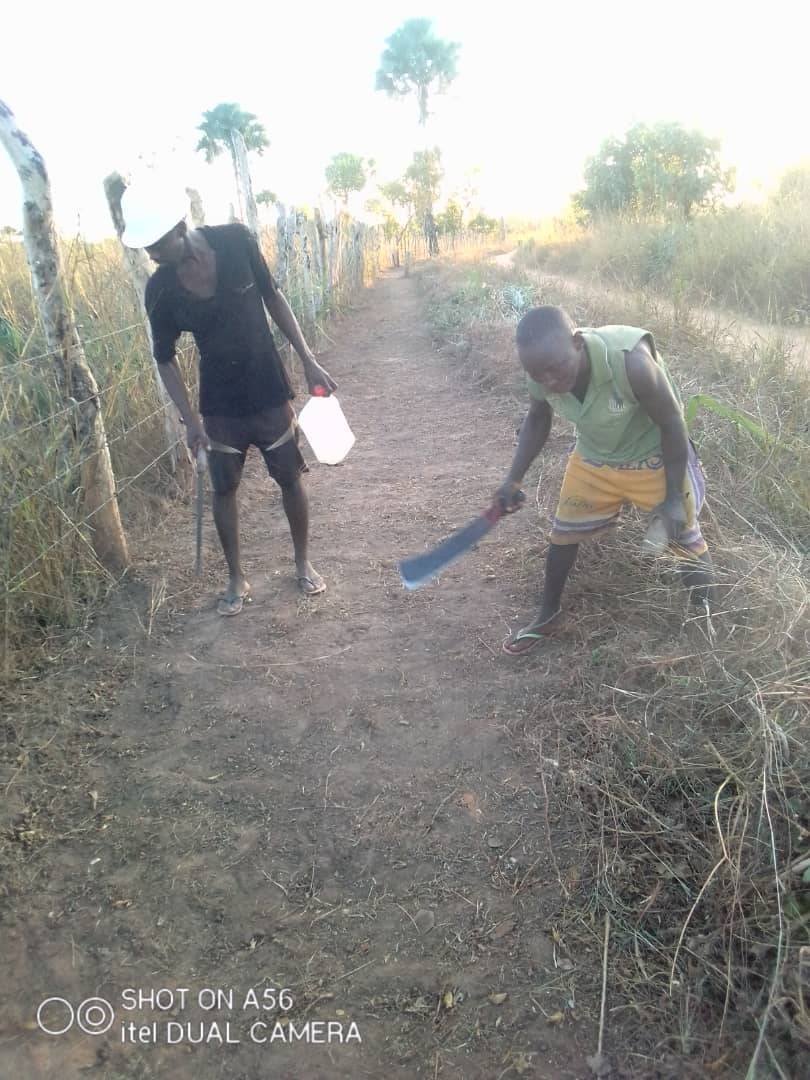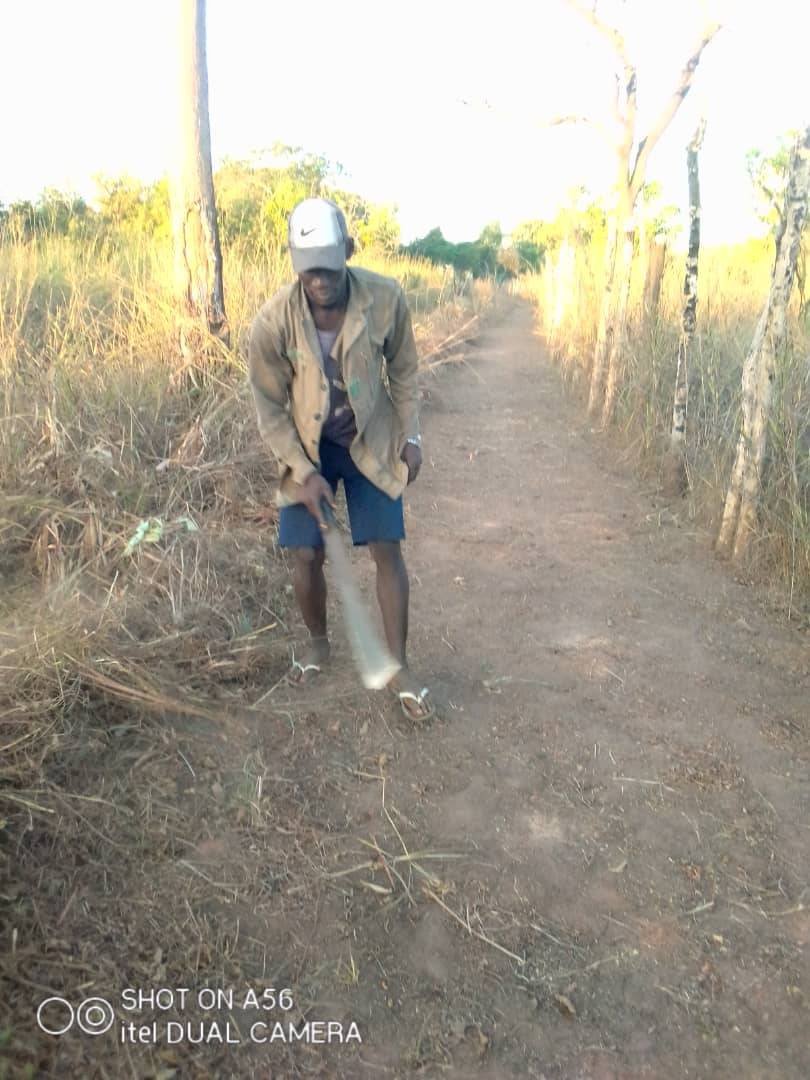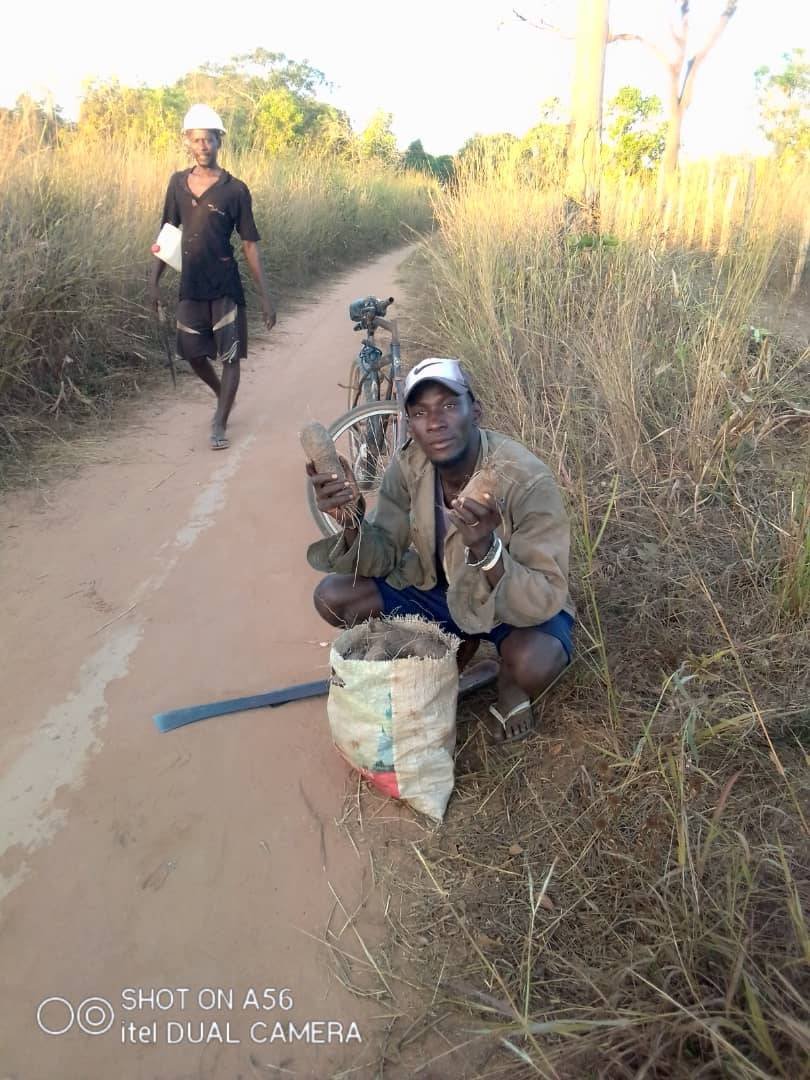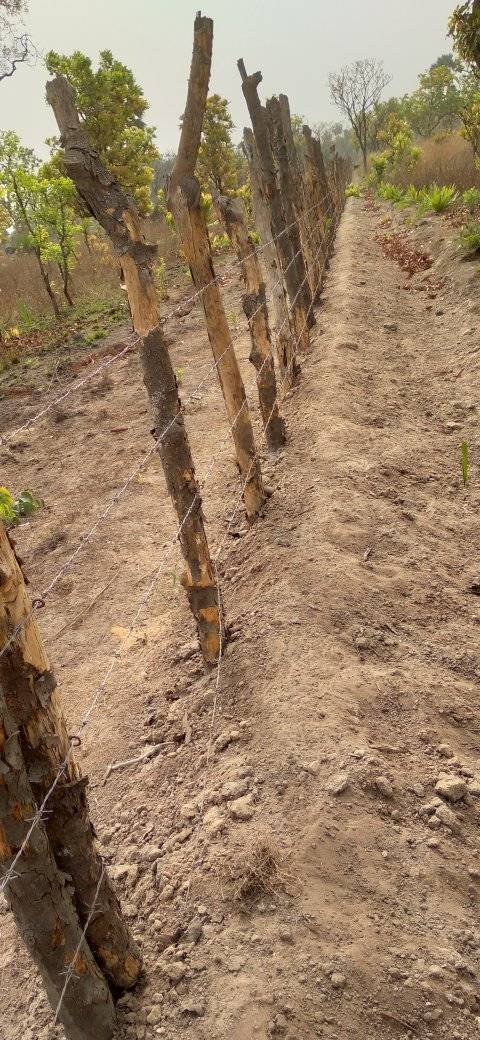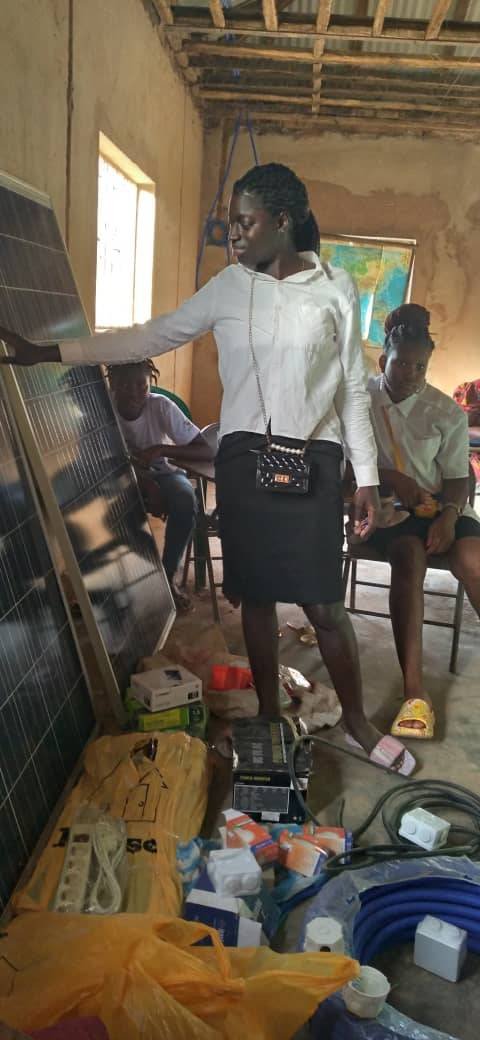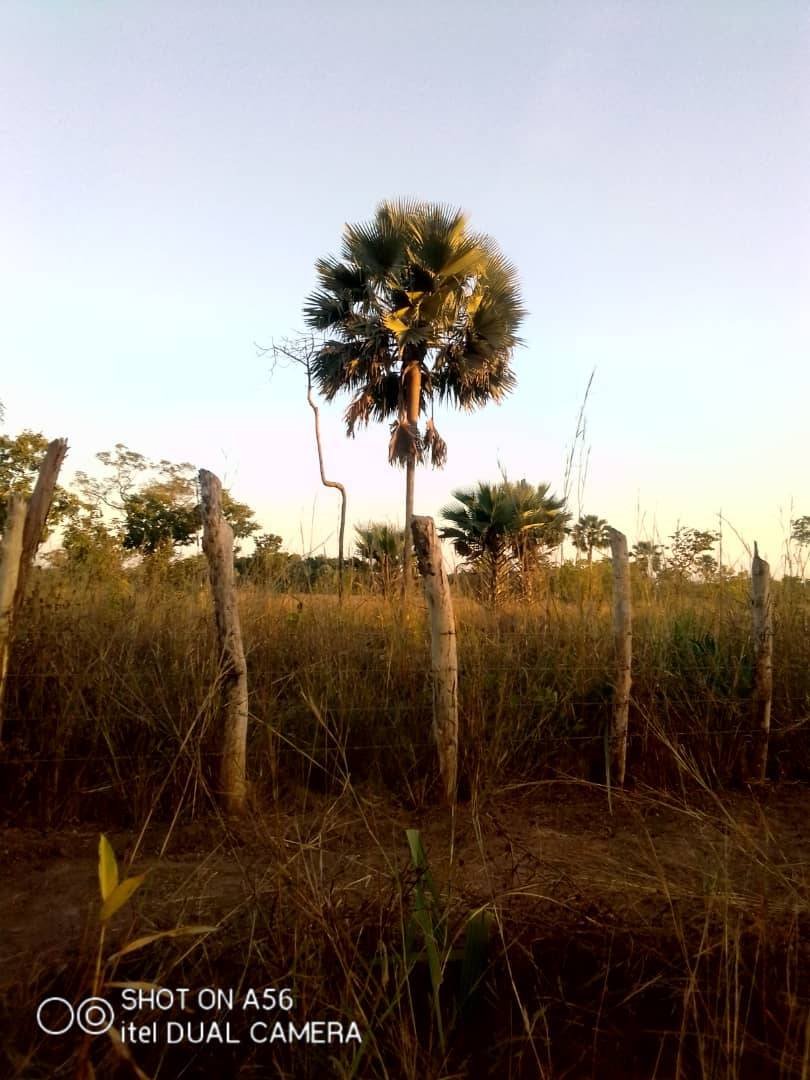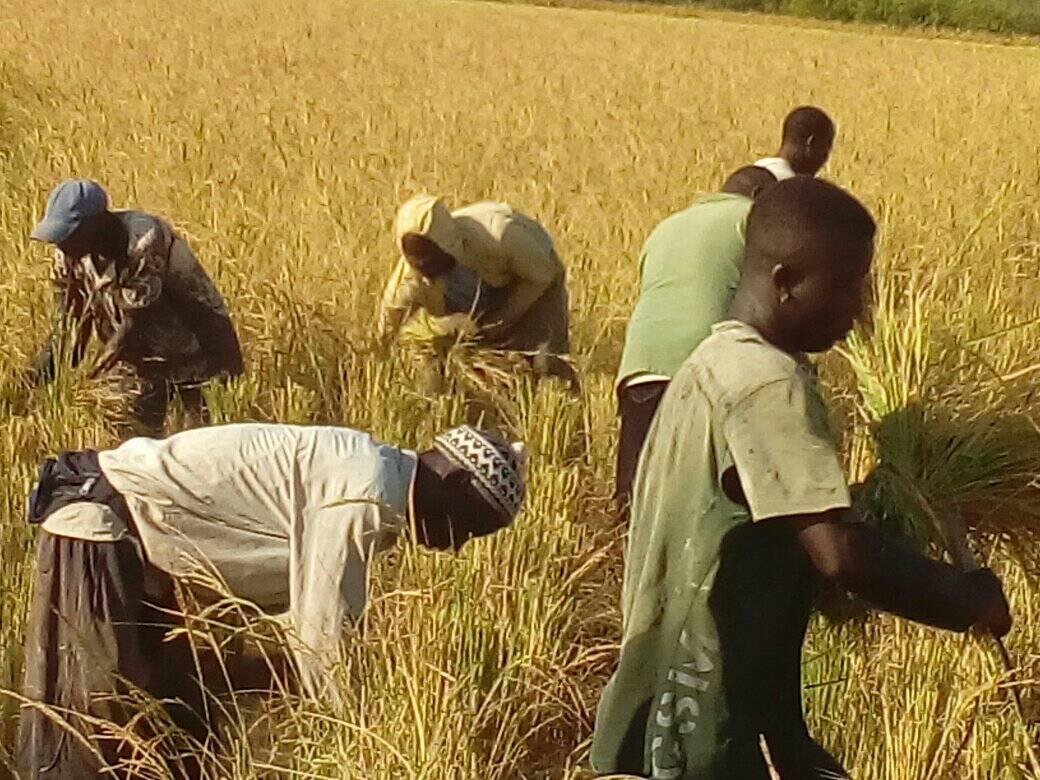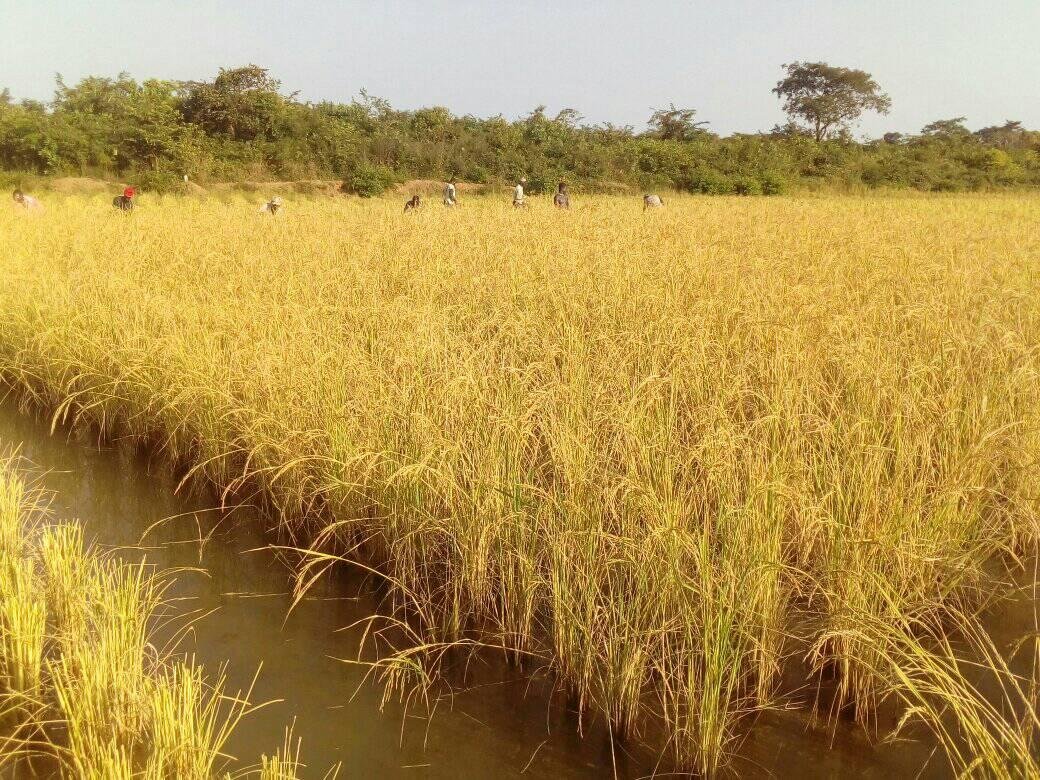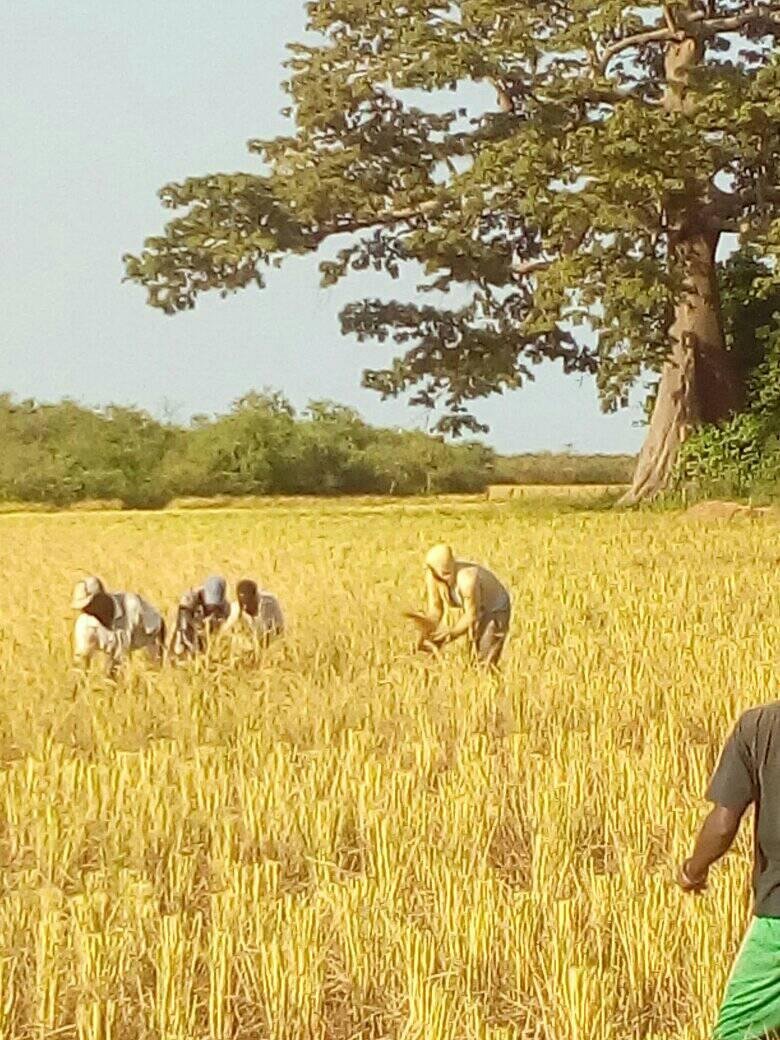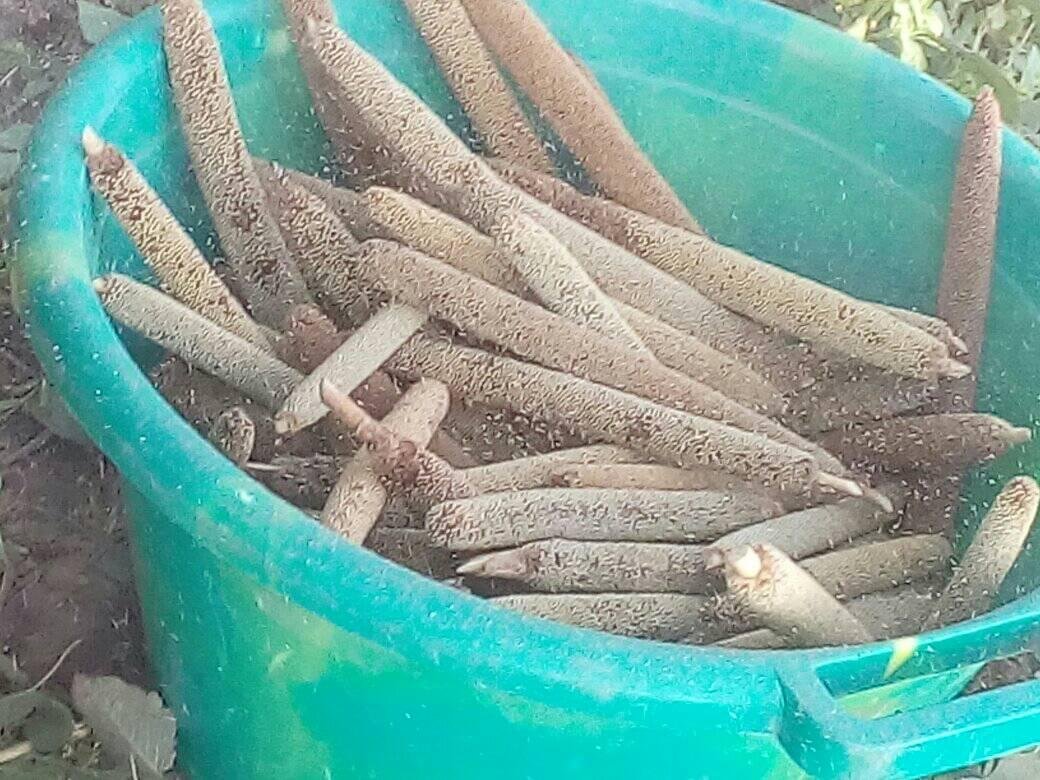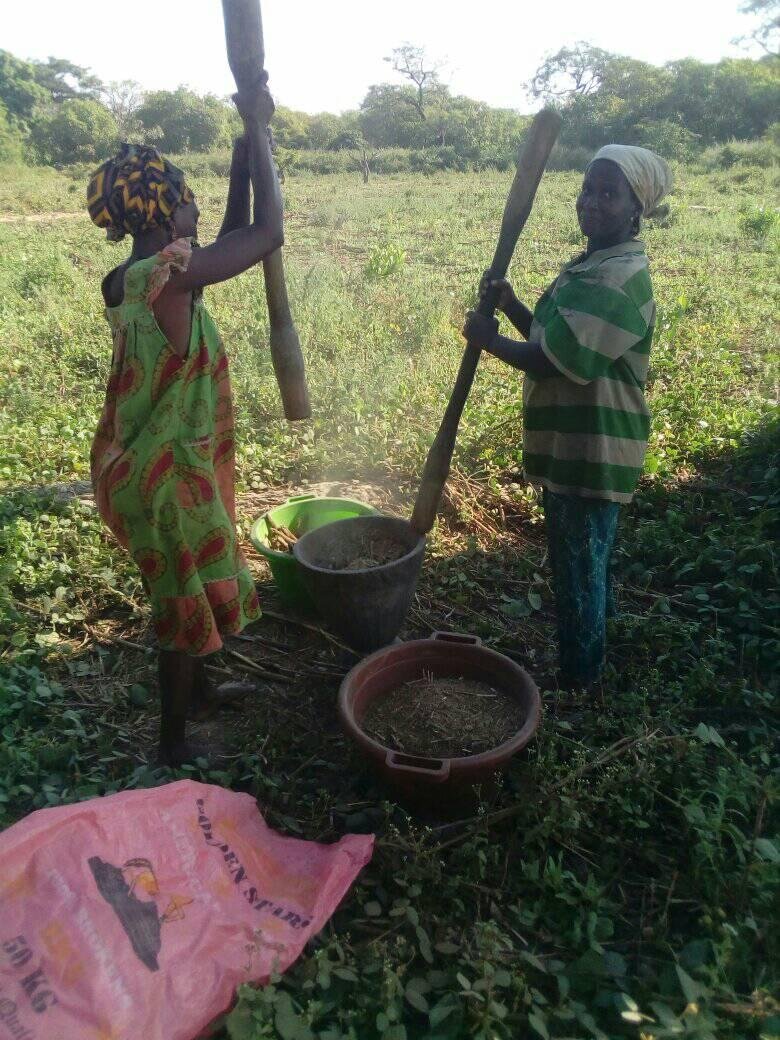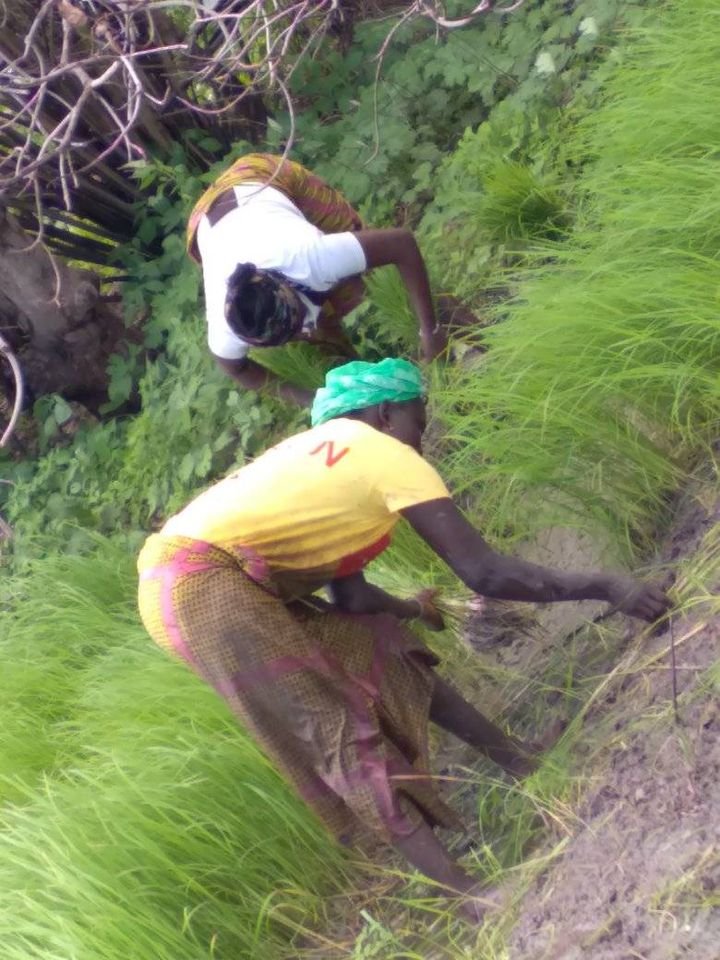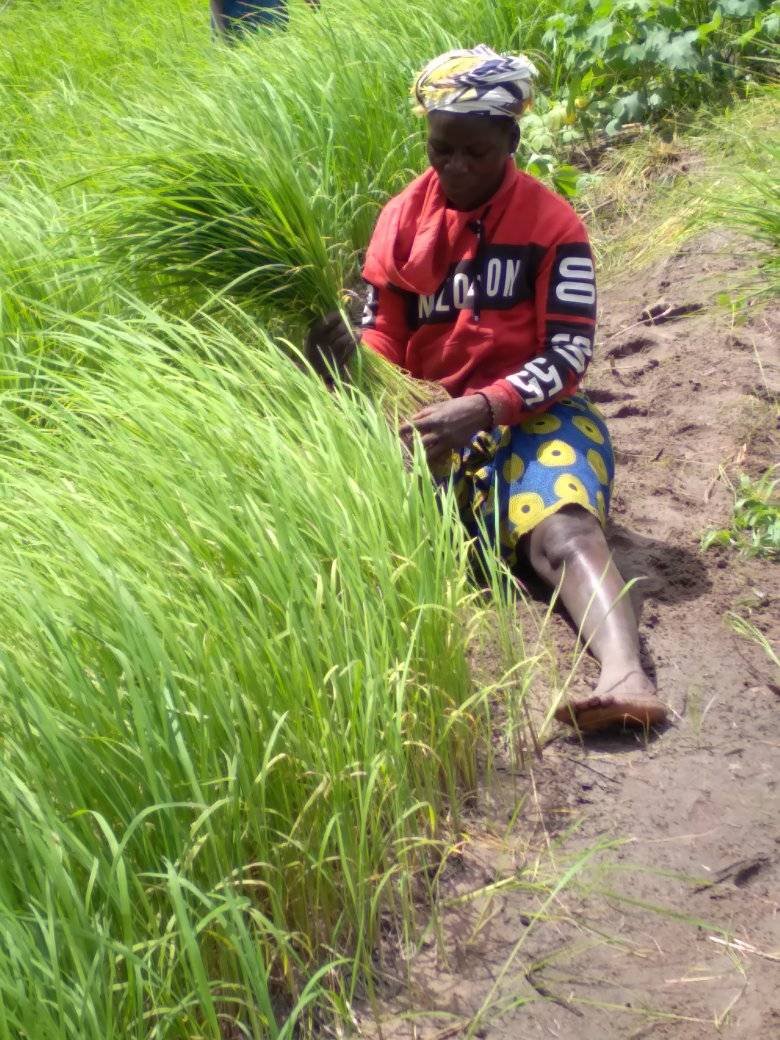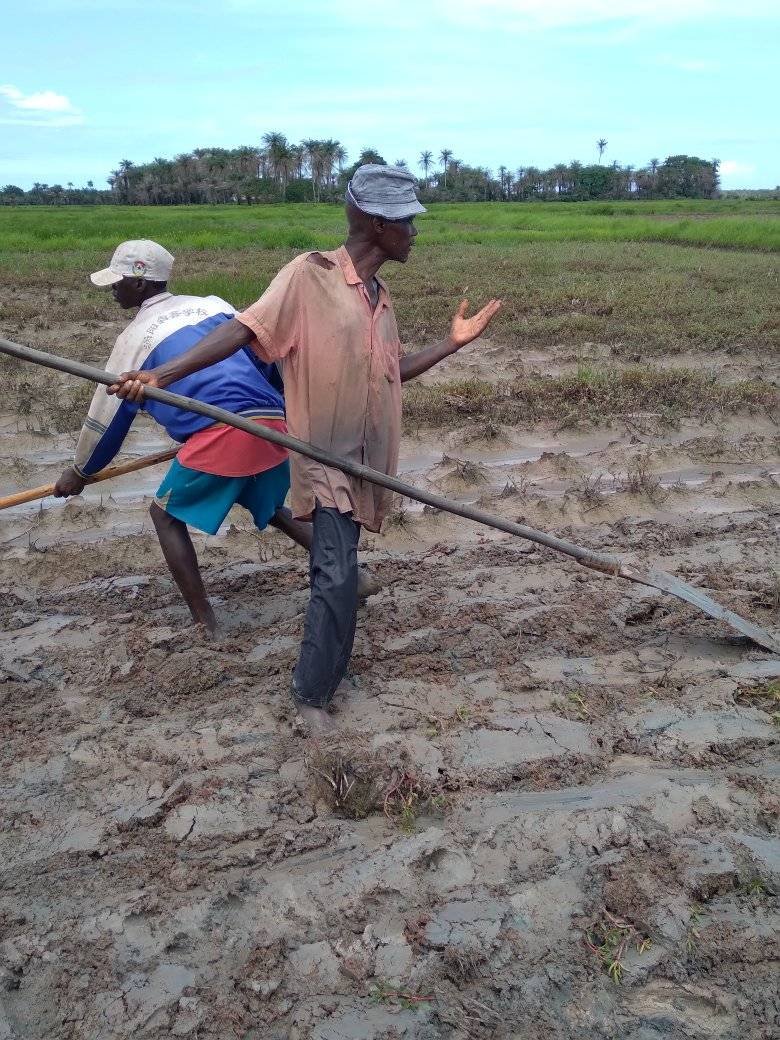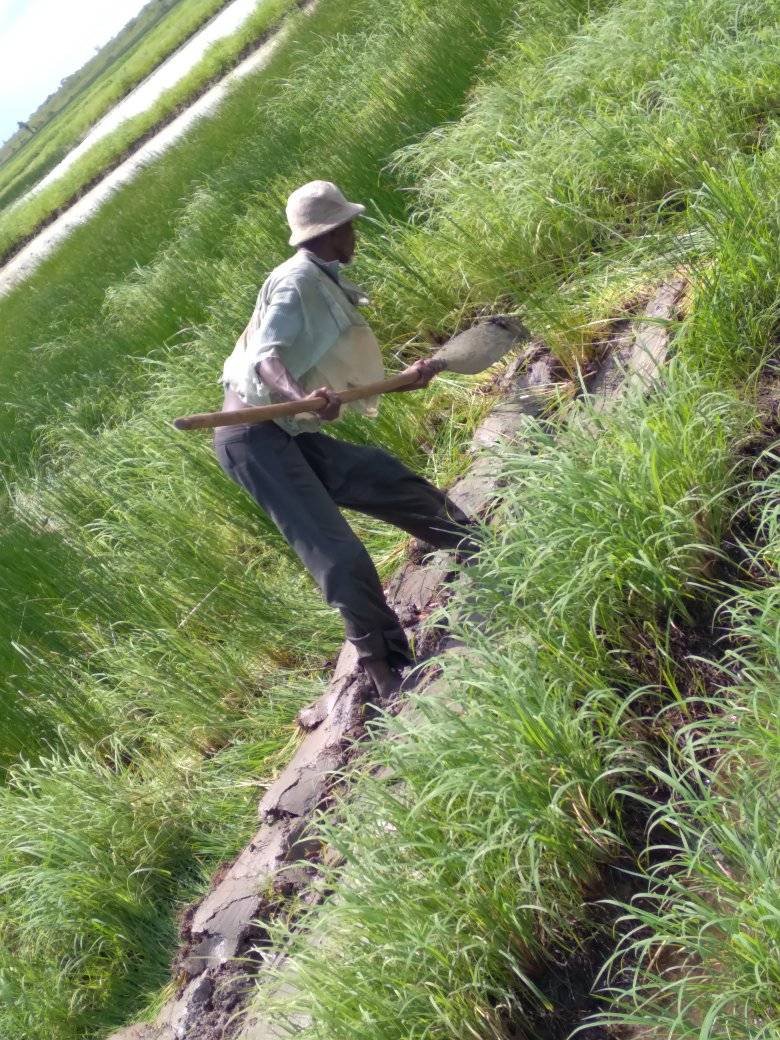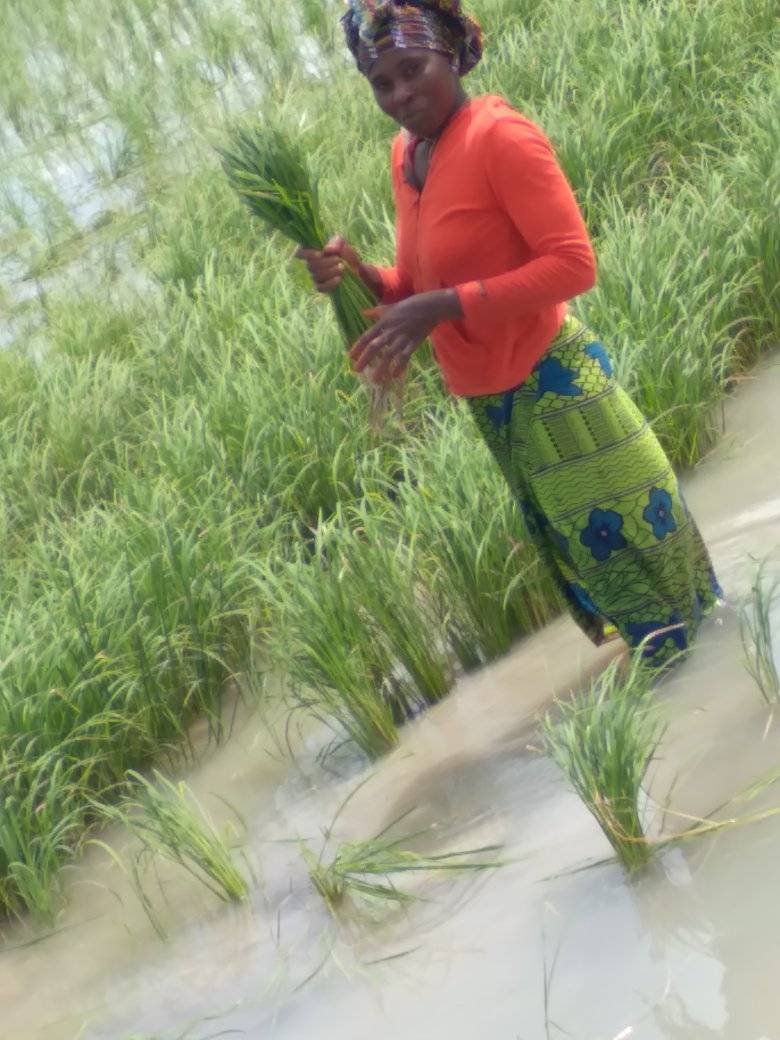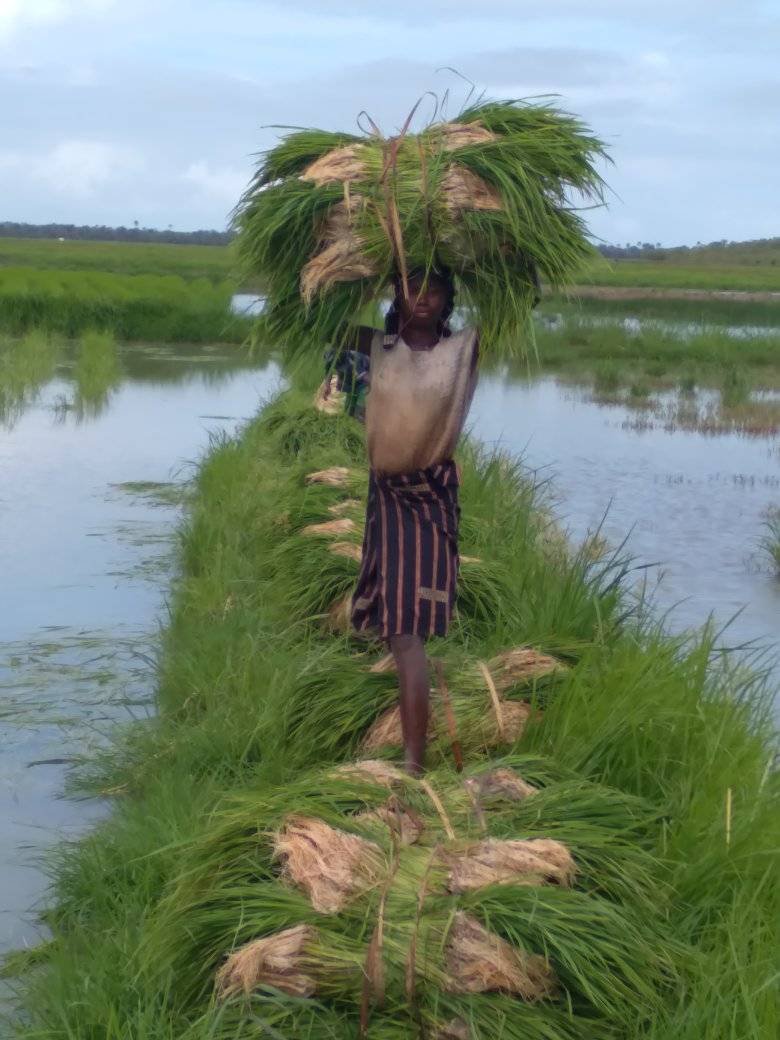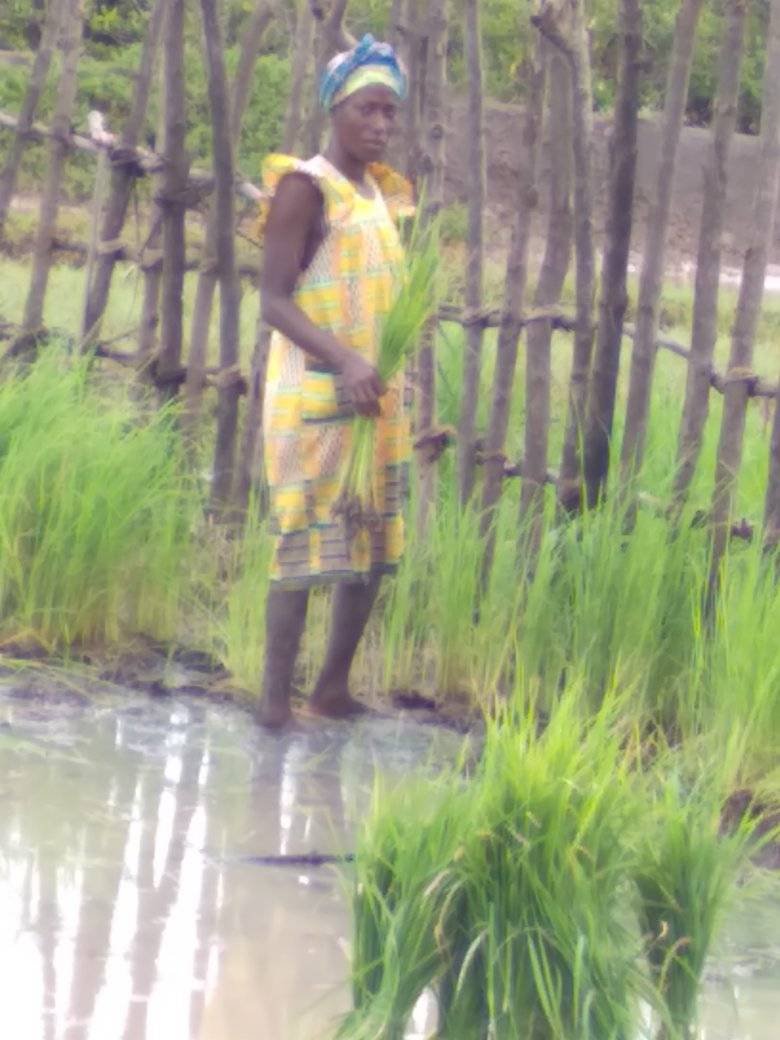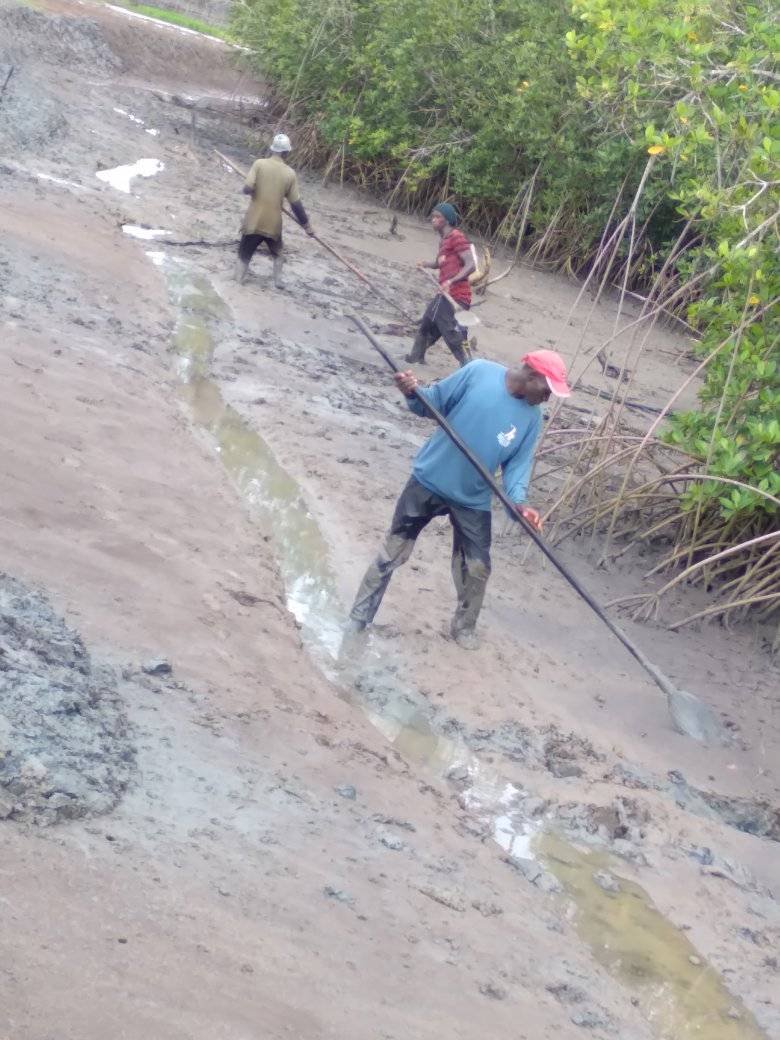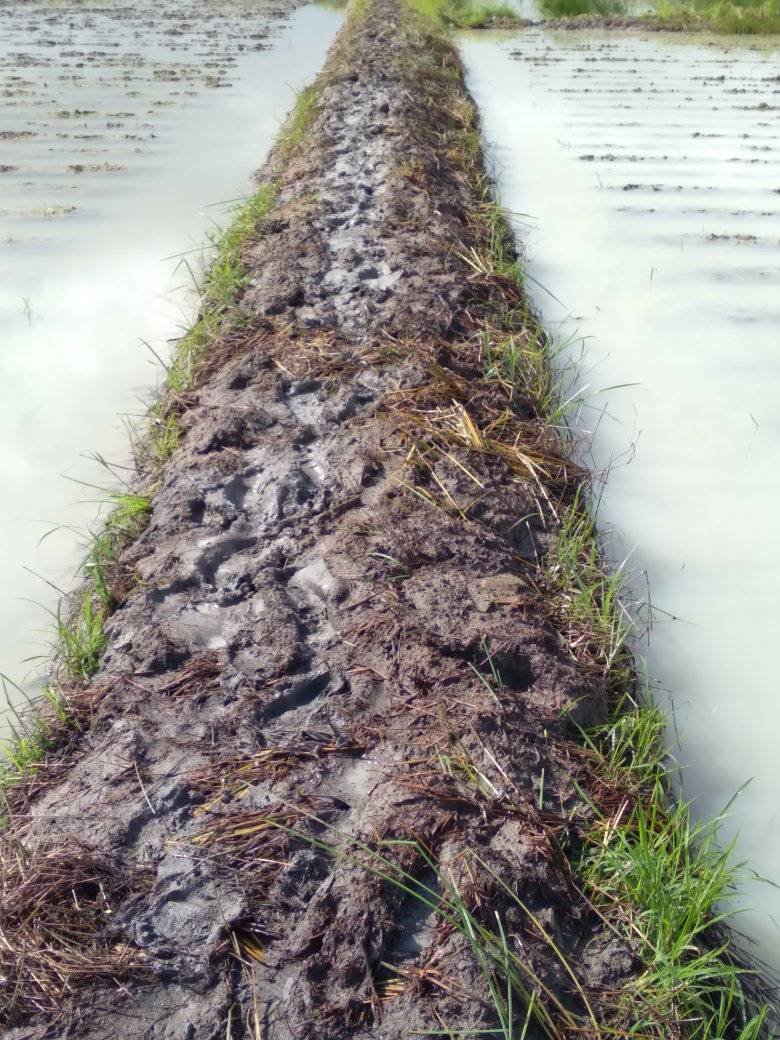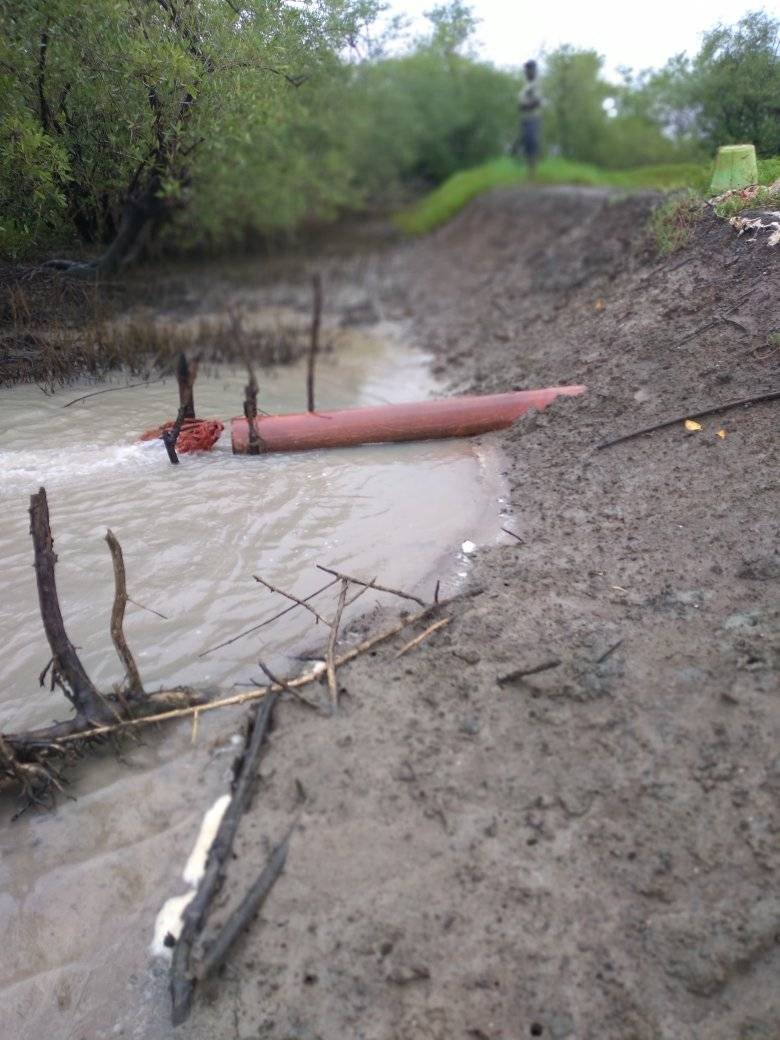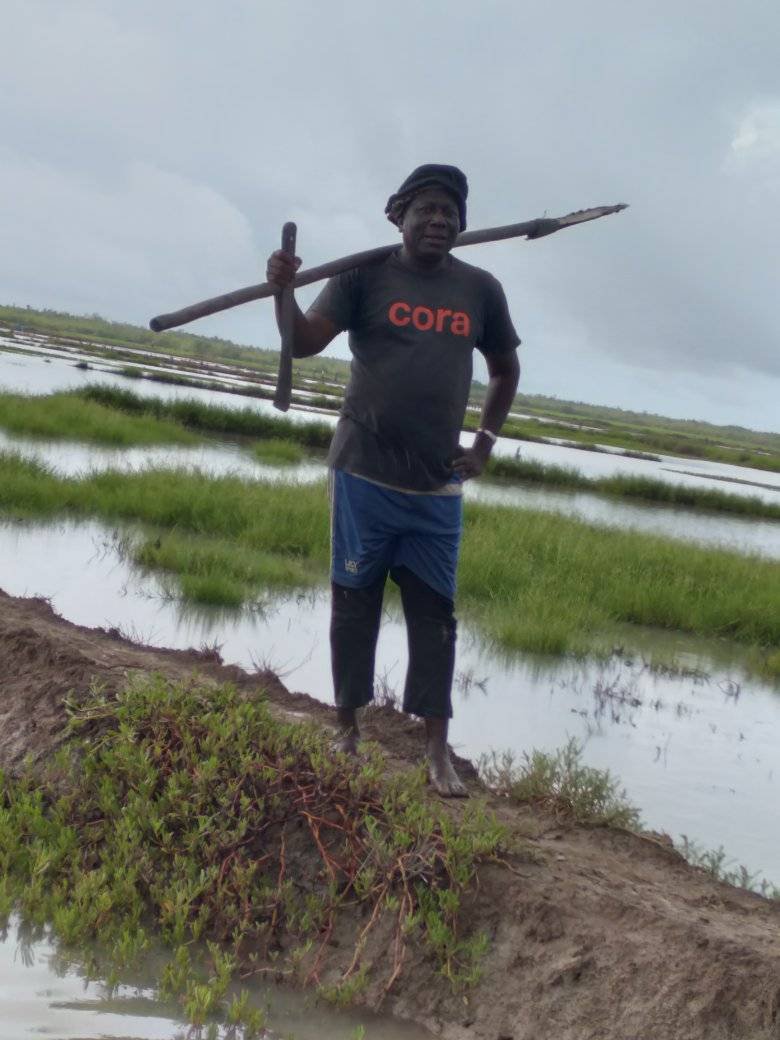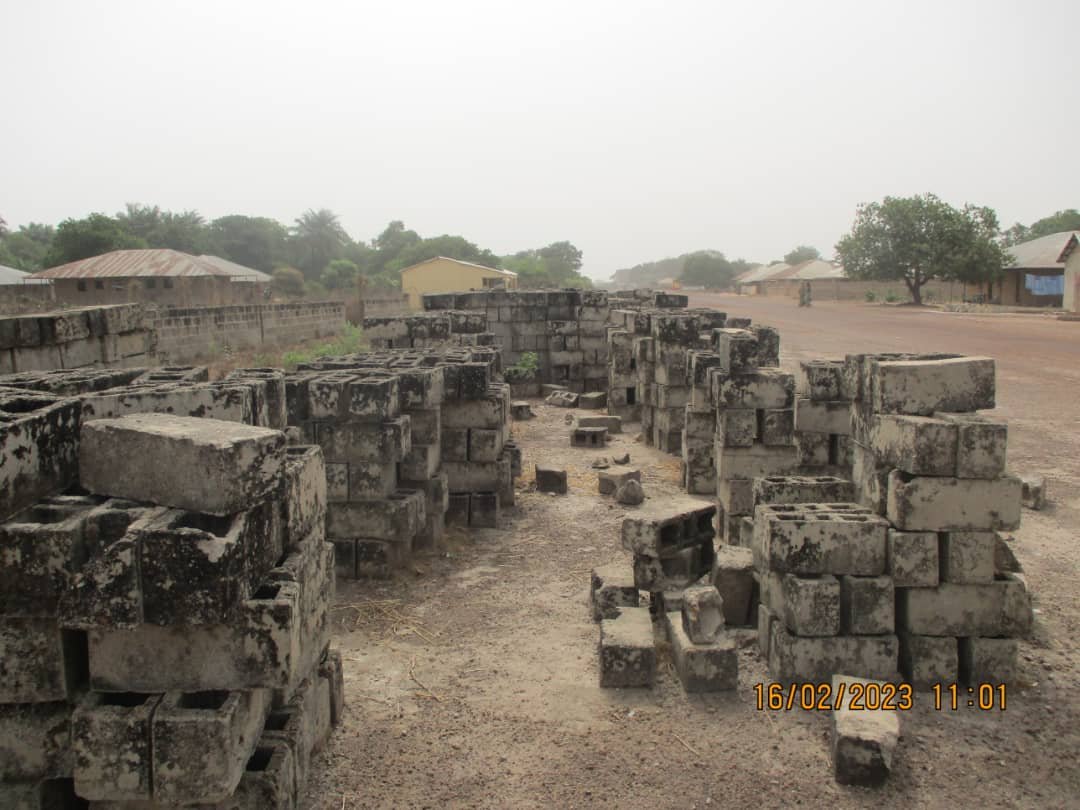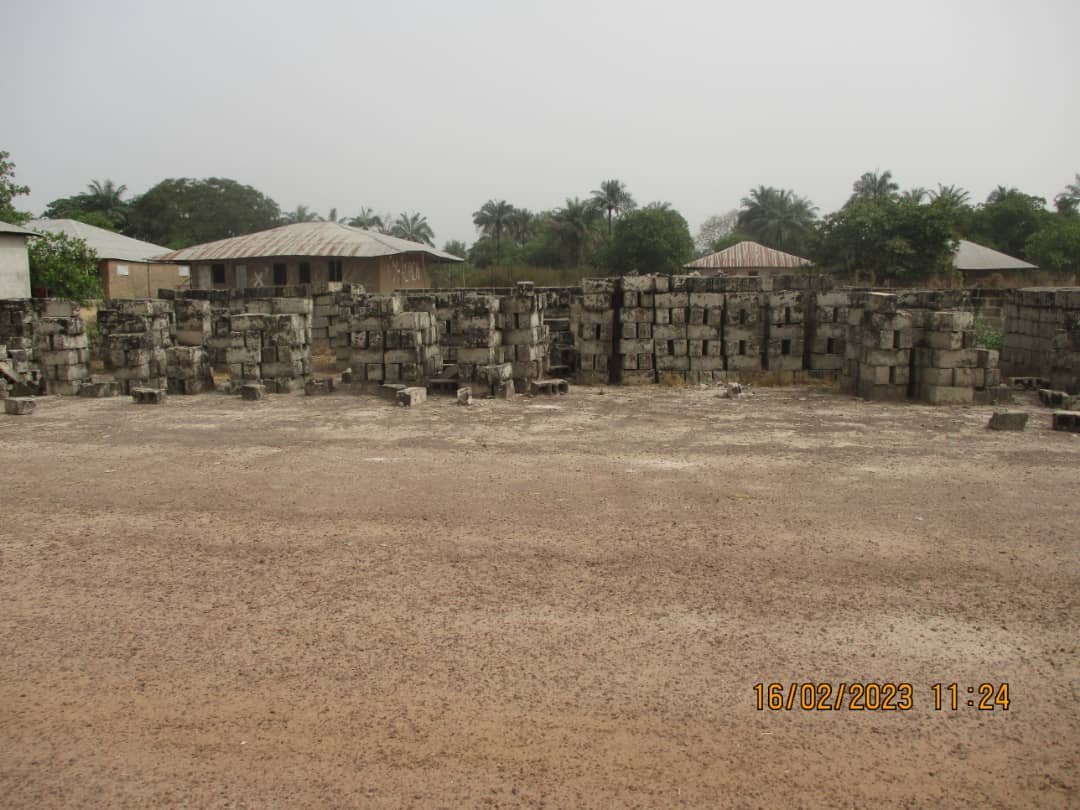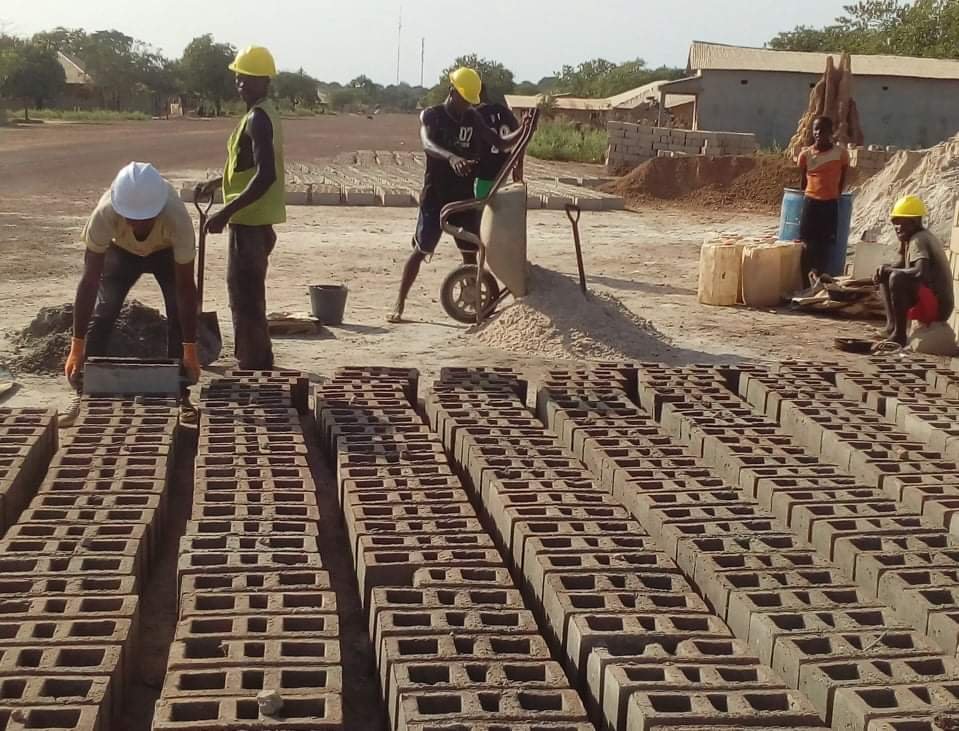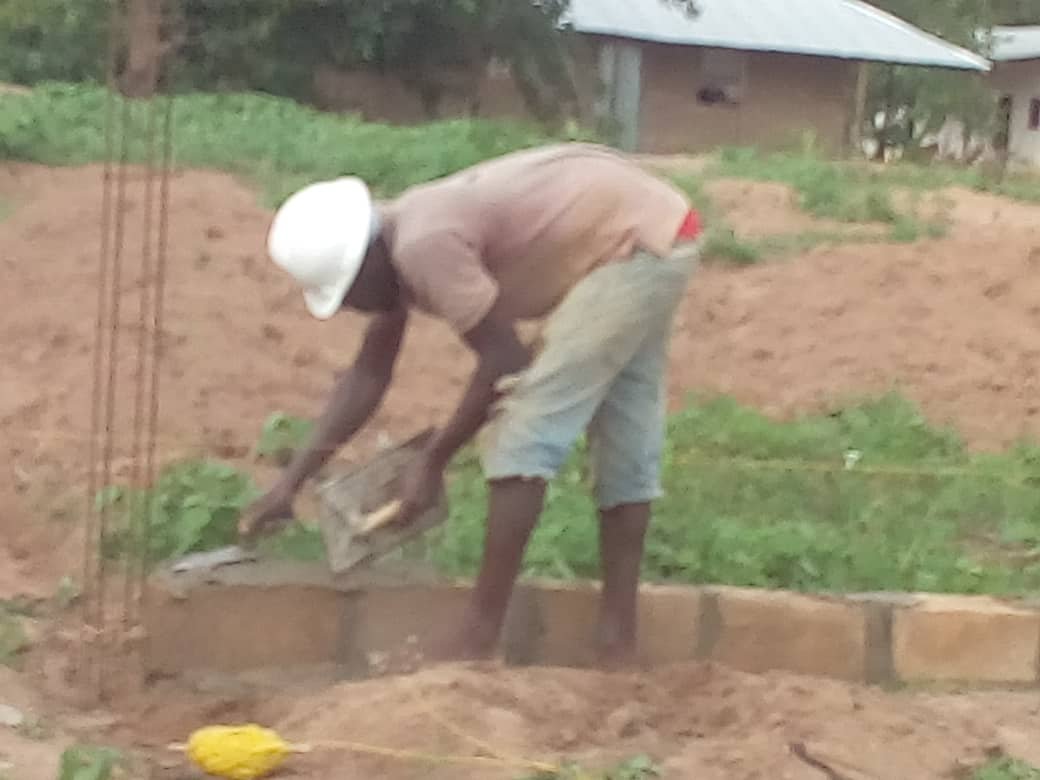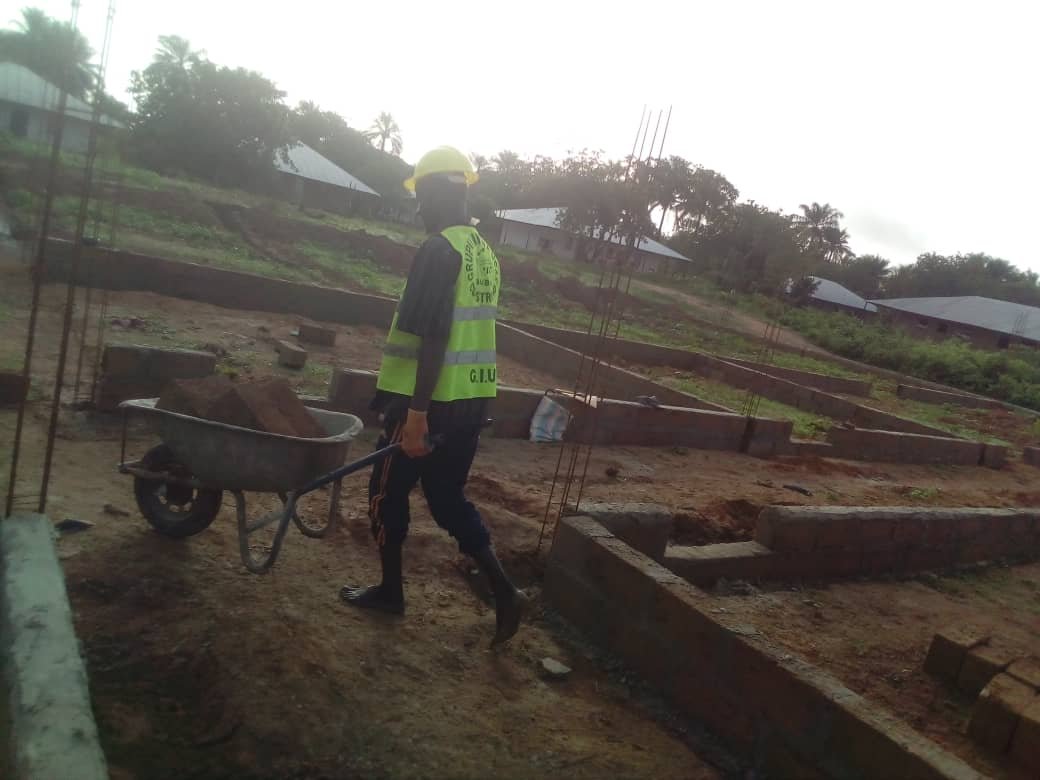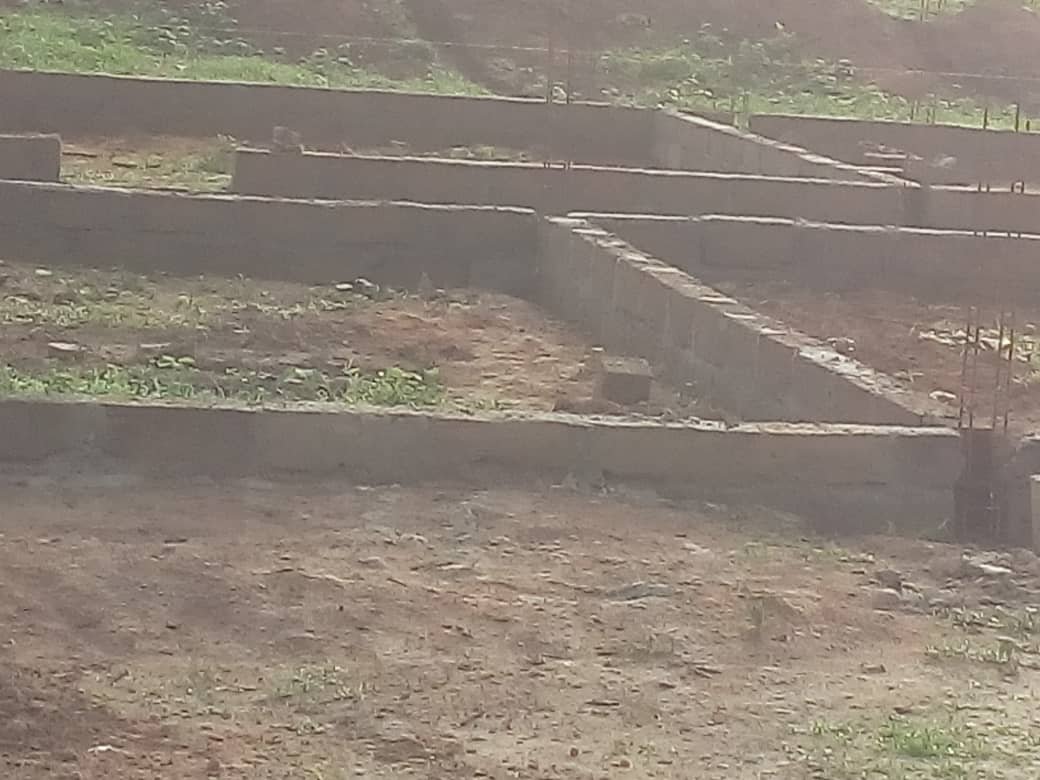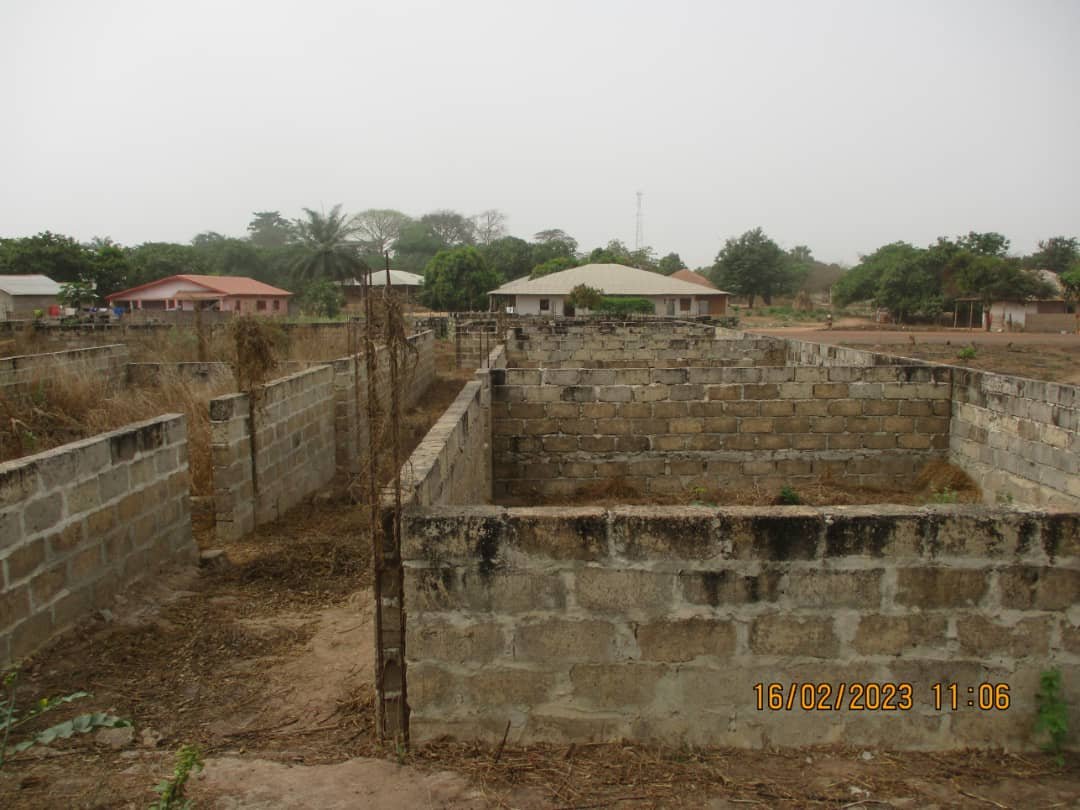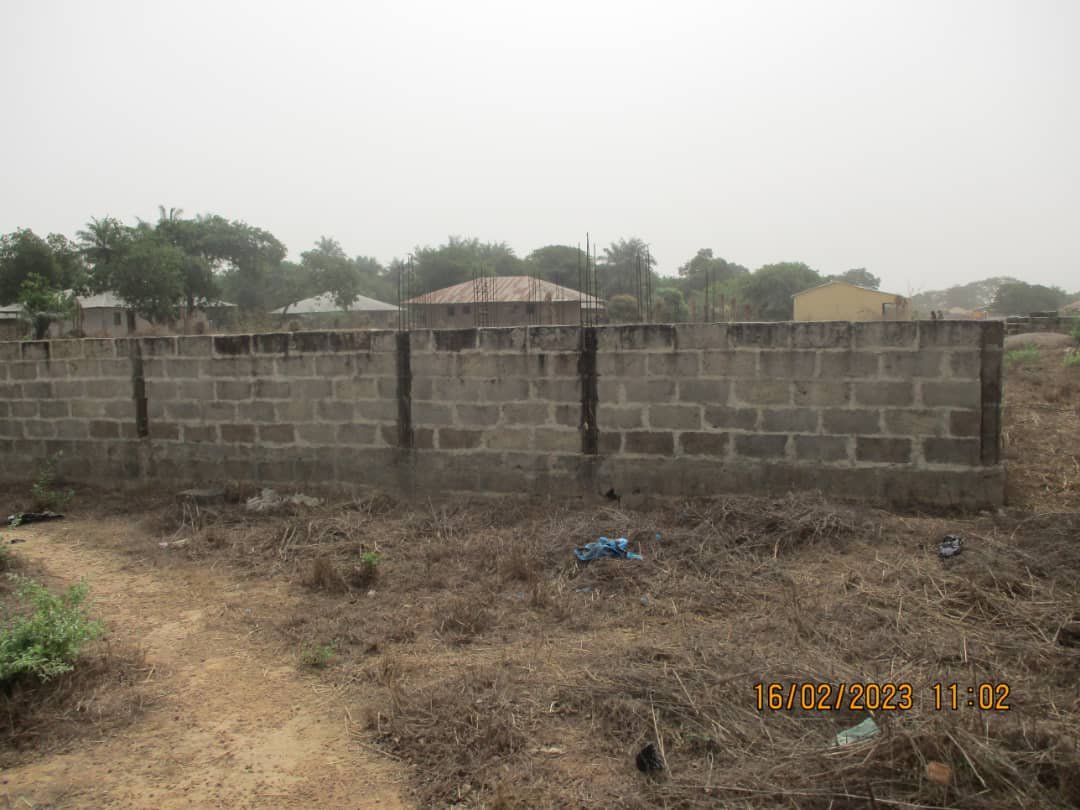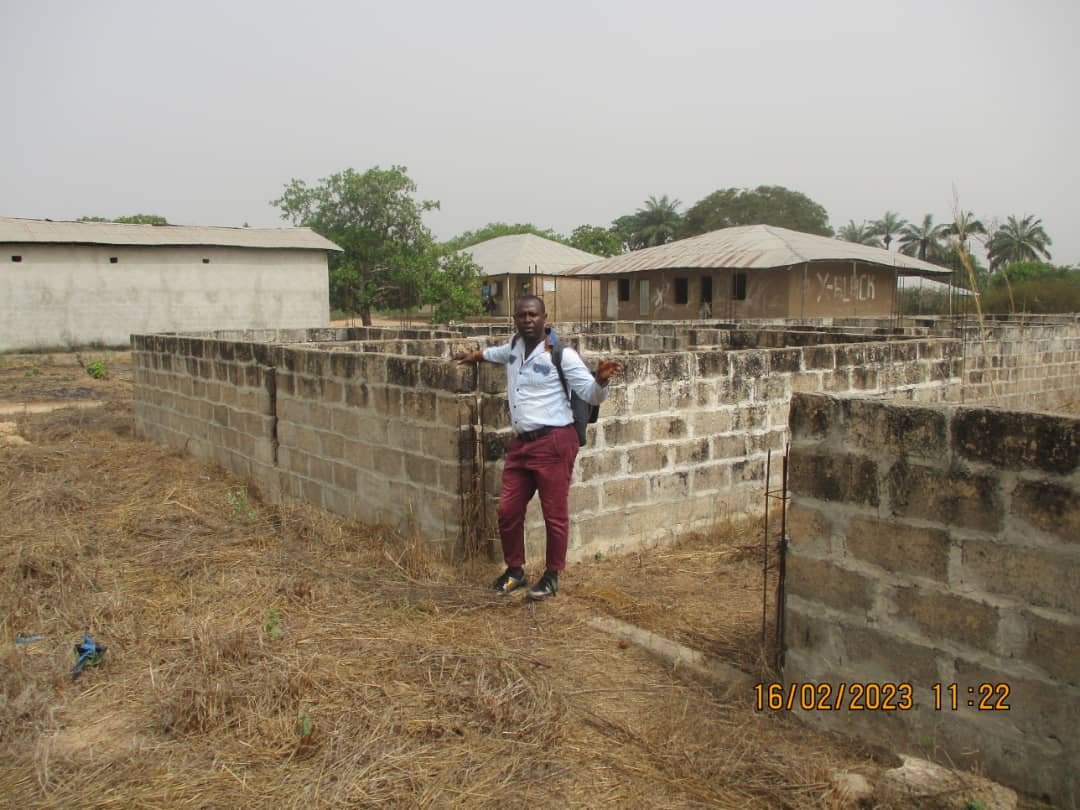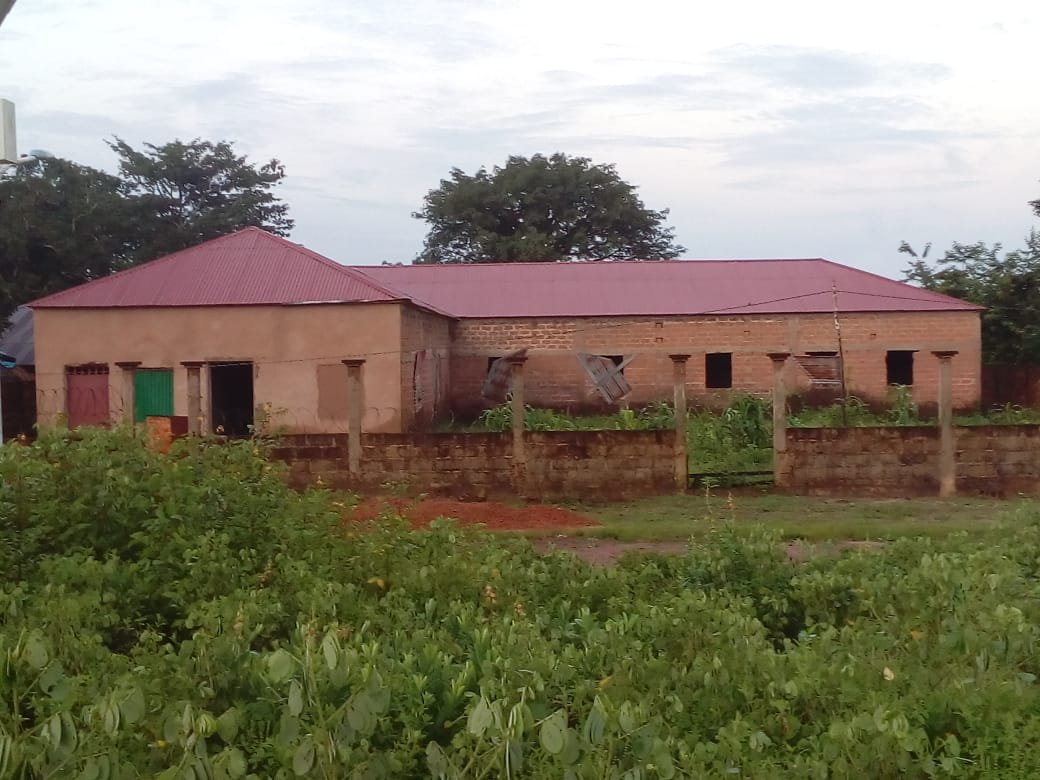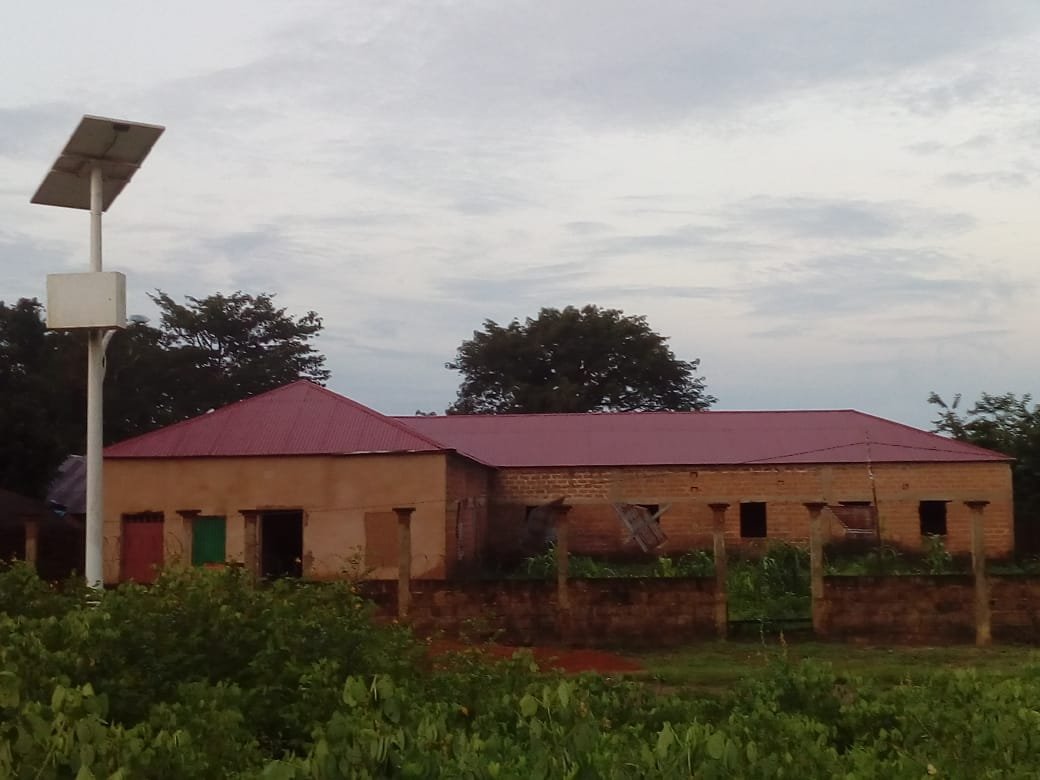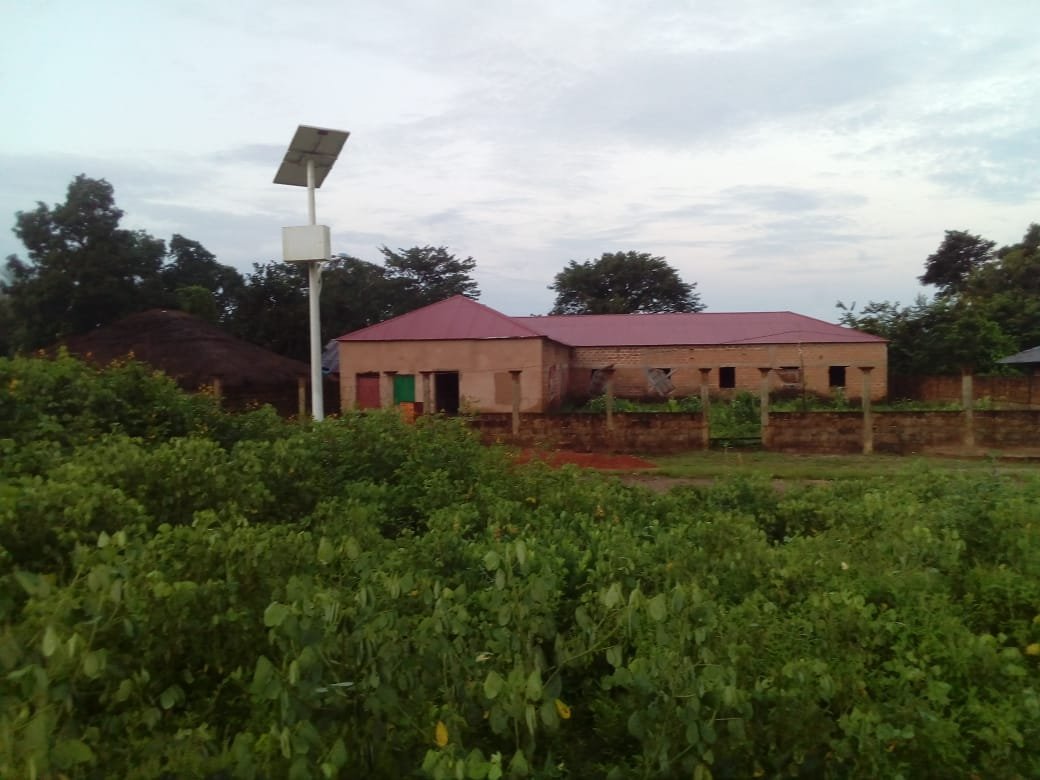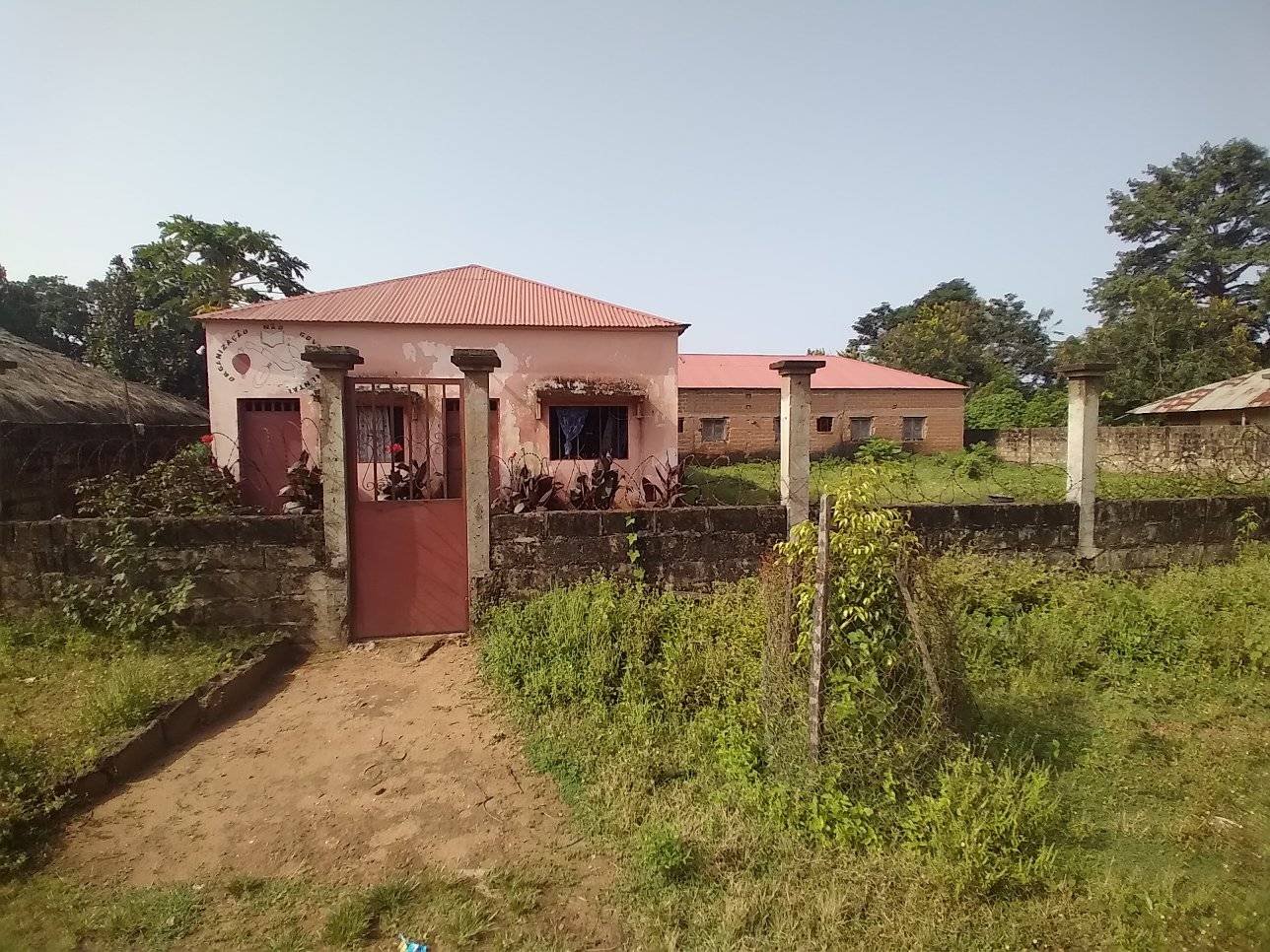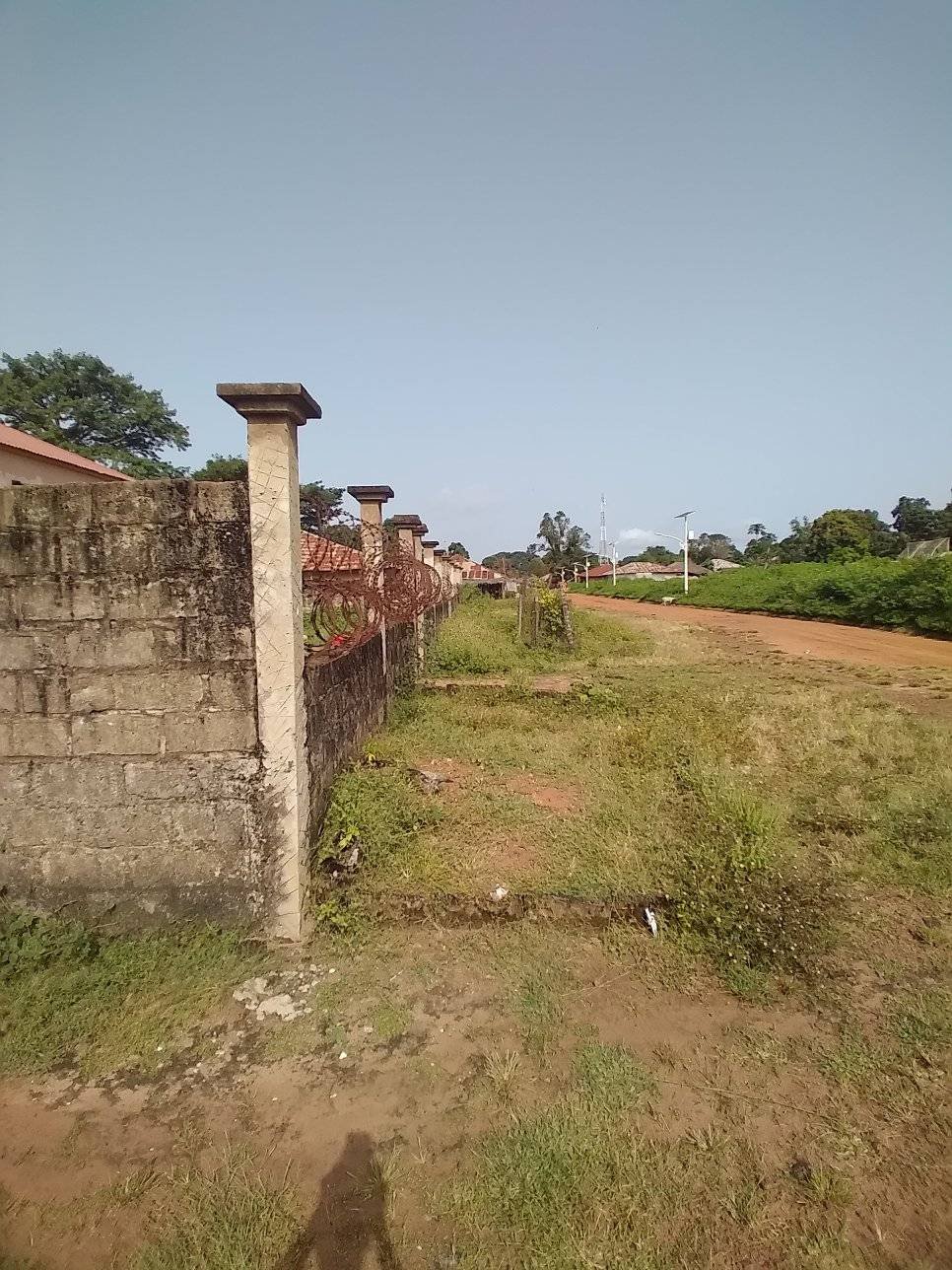Don't Be Fooled! The Vatican's Statement on the Doctrine of Discovery is Wordplay!
In a statement on Thursday, March 30, 2023 (see below) the Vatican’s development and education office said the theory of the “Doctrine of Discovery” – which still informs government policies and laws today – was not part of the Catholic Church’s teachings. The most problematic part of the statement declared,
“The legal concept of “discovery” was debated by colonial powers from the sixteenth century onward and found particular expression in the nineteenth century jurisprudence of courts in several countries, according to which the discovery of lands by settlers granted an exclusive right to extinguish, either by purchase or conquest, the title to or possession of those lands by indigenous peoples. Certain scholars have argued that the basis of the aforementioned “doctrine” is to be found in several papal documents, such as the Bulls Dum Diversas (1452), Romanus Pontifex (1455) and Inter Caetera (1493). 6. The “doctrine of discovery” is not part of the teaching of the Catholic Church. Historical research clearly demonstrates that the papal documents in question, written in a specific historical period and linked to political questions, have never been considered expressions of the Catholic faith.”
However, that’s like saying that the Dred Scott decisicion was not part of the Supreme Court’s theory on the status of black people in America or that Missouri’s Executive Order 44, known as the Mormon Extermination Order - in which Governor Boggs directed that "the Mormons must be treated as enemies, and must be exterminated or driven from the State if necessary for the public peace - was not the official position of the state of Missouri or that the decision to exterminate the Armenians made between March 20 and 25, 1915, was not the policy of the Young Turk Central Committee.
The Papal Bull Dum Diversas issued by Pope Nicholas V, June 18, 1452, stated,
“we grant to you full and free power, through the Apostolic authority by this edict, to invade, conquer, fight, subjugate the Saracens and pagans, and other infidels and other enemies of Christ, and wherever established their Kingdoms, Duchies, Royal Palaces, Principalities and other dominions, lands, places, estates, camps and any other possessions, mobile and immobile goods found in all these places and held in whatever name, and held and possessed by the same Saracens, Pagans, infidels, and the enemies of Christ, also realms, duchies, royal palaces, principalities and other dominions, lands, places, estates, camps, possessions of the king or prince or of the kings or princes,
AND TO LEAD THEIR PERSONS IN PERPETUAL SERVITUDE, AND TO APPLY AND APPROPRIATE REALMS, DUCHIES, ROYAL PALACES, PRINCIPALITIES AND OTHER DOMINIONS, POSSESSIONS AND GOODS OF THIS KIND TO YOU AND YOUR USE AND YOUR SUCCESSORS THE KINGS OF PORTUGAL.”
The Dum Diversas Apostolic Edict declaring total war was followed up with monopoly contracts known as “Asientos” which were variously granted by the Catholic Church to private merchants from 1518 to 1595, to Portugal from 1595 to 1640, to the Genoese (Italy) from 1662 to 1671, to the Dutch and Portuguese from 1671 to 1701, to France 1701-1713, the British 1713 to 1750, and the Spanish 1765 to 1779. In the United States, several colonies became combatants to the Dum Diversas War when they legalized slavery: Massachusetts in 1641; Connecticut in 1650; Virginia in 1657 and Maryland in 1663. Other colonies followed and the United States of America officially entered the Dum Diversas War trafficking of people from Guine after American independence in 1776.
What the Dicasteries for Culture and Education and for Promoting Integral Human Development did in their March 30 statement was to switch the debate from their declaration of war, which cannot be denied, to the “doctrine of discovery”, which they declare “is not part of the teaching of the Catholic Church”. They then absolve themselves of responsibility and blame European courts by stating that “The legal concept of “discovery” was debated by colonial powers from the sixteenth century onward and found particular expression in the nineteenth century jurisprudence of courts in several countries.” The Dicasteries for Culture and Education and for Promoting Integral Human Development then completely ignore the fact that the Catholic Church’s monoply contract Asientos resulted in the trafficking of over 12 million prisoner of war from Africa to the Americas.
Thus, the Catholic Church’s statement is no mea culpa, but rather word play intended to trick us from holding the Catholic Church accountable. A real effort for atonement by the Catholic Church would
1) state that either it was the will of Jesus Christ, as expressed through his representative Pope Nicholas V, to reduced to perpetual servitutde the “Saracens, Pagans, infidels, and the enemies of Christ” or that the Pope Nicholas V committed the greatest blaspheme in the name of Jesus Christ, by virtue of the fact that it has been agreed that what became known as the “Trans Atlantic Slave Trade” was the greatest crime against humanity;
2) acknowledge that their actions completely disqualify the Catholic Church from any claim of retaining authority in the name of Jesus Christ;
3) Dissolve and divest itself of all property into a Diaspora Pan African Capital Fund and Trust and voluntary cease to exist, a punishment commensurate to the crime it initiated and sanctioned for centuries.
Of course, we know that the Holy See will not take such righteous action. And this makes the MANDATE FROM THE AFRO DESCENDANT PEOPLE ISSUED TO THE PERMANENT FORUM ON PEOPLE OF AFRICAN DESCENT TO REQUEST AN ADVISORY OPINION FROM THE INTERNATIONAL COURT OF JUSTICE ON THEIR STATUS AS PRISONERS OF WAR UNDER THE GENEVA CONVENTION all the more important.



